Introduction to Playing Chess Against Yourself
Playing chess against yourself, often known as solitaire chess, involves playing both sides of the game, effectively acting as your own opponent. This practice, while seemingly contradictory, holds numerous cognitive and strategic benefits. By adopting this method of play, individuals can significantly improve their chess game, enhance critical thinking skills, and increase their overall understanding of the game.
Benefits of Playing Chess Against Yourself
1. Improvement in Strategic Thinking
When you play chess against yourself, you are forced to think from the perspective of both players. This dual approach helps in understanding and anticipating various strategies and outcomes. It cultivates a deeper level of strategic thinking and problem-solving skills.
2. Enhanced Concentration and Focus
Chess demands a high degree of concentration and cognitive effort. By playing both sides, you double your practice of focusing and maintaining concentration for extended periods, which can translate into better focus in other areas of life.
3. Better Understanding of Strengths and Weaknesses
Playing as both white and black can expose the strengths and weaknesses in your playing style. This self-play allows you to critically analyze your moves and strategies, identifying areas for improvement that might not be as apparent when playing against others.
4. Opportunities for Experimentation
Playing against oneself alleviates the pressure of a competitive environment. This relaxed setting is ideal for experimenting with new moves, strategies, and tactics without fear of judgment or repercussions of losing, allowing for expansive learning and creativity.
Strategies for Effective Self-Play
1. Setting Clear Objectives
Before beginning a game against yourself, it's important to decide what you want to achieve. Objectives could range from practicing specific openings, testing a tactical motif, or improving your endgame technique. Having clear goals helps to maintain focus and purpose throughout the game.
2. Switching Perspectives
To maximize the benefits, it’s crucial to fully commit to each side’s position while playing it. This means genuinely trying to find the best moves for both sides, rather than favoring one. It might help to physically move to the other side of the board, changing your literal viewpoint to better adopt each side's perspective.
3. Keeping Accurate Records
Document each game you play against yourself including the moves, strategies tried, and any observations or insights gained. These records can be valuable resources for analyzing your progress and identifying patterns or recurring challenges in your gameplay.
4. Using Chess Software or Tools
Technology can be a great aid in playing chess against yourself. Chess-playing software or online platforms can help simulate a two-player environment and provide analytical tools to review your game. Utilizing such resources can add an objective analysis of your moves and strategies, providing deeper insights into your self-play sessions.
Conclusion
Playing chess against yourself is more than just an amusing solitary activity—it's a powerful method to deepen your understanding of chess, improve your skills, and enhance your overall cognitive functions. By embracing the challenges and focusing on strategic improvement during self-play, you can transform your chess performance and enjoy the game from a wholly unique perspective.
Explore our large collection of luxurious chess sets!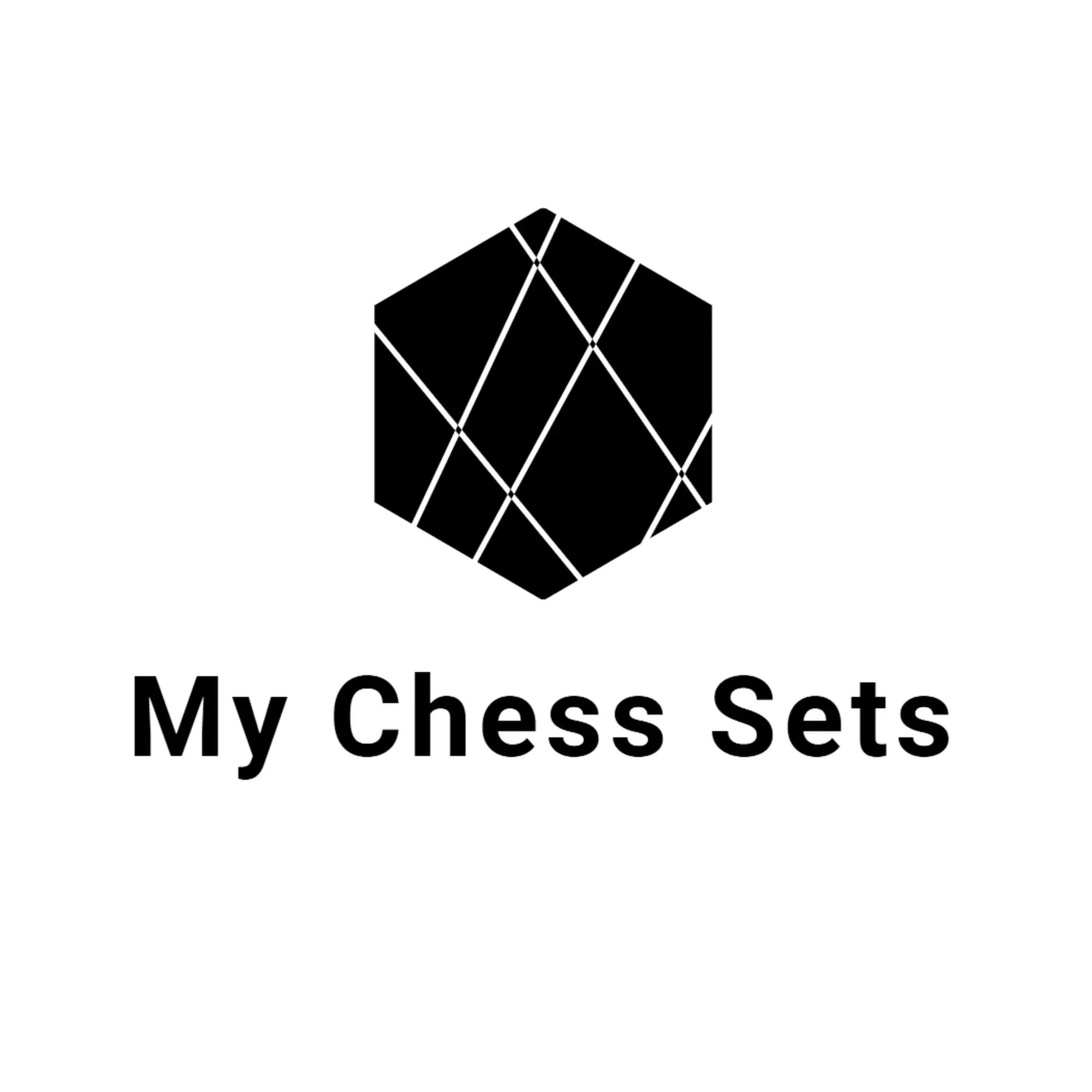

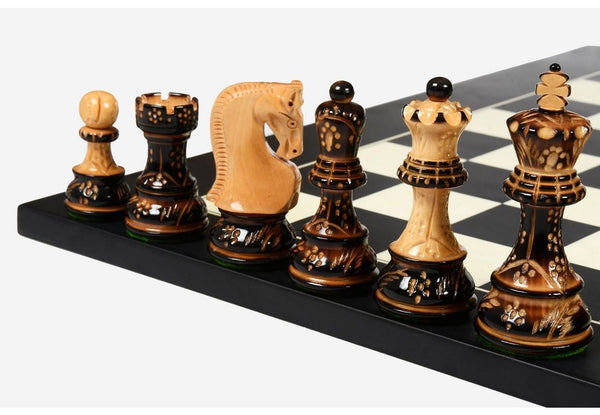

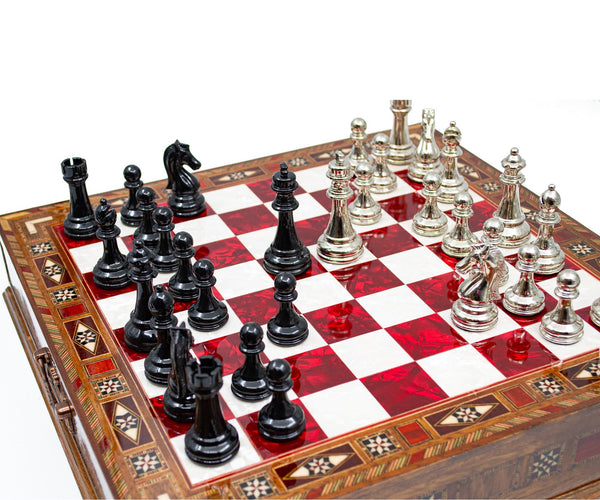
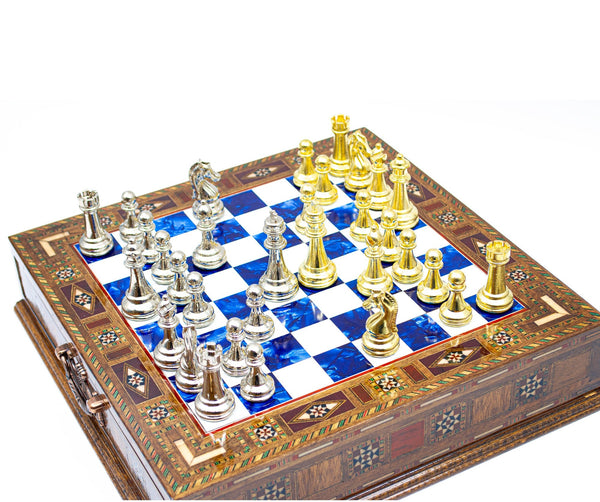
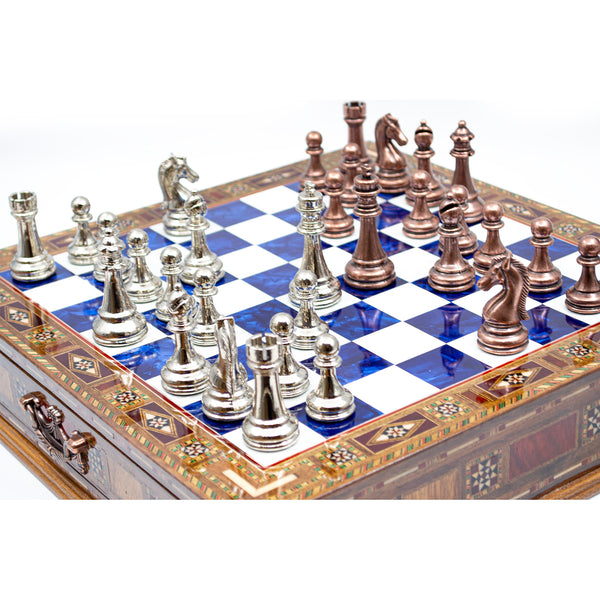
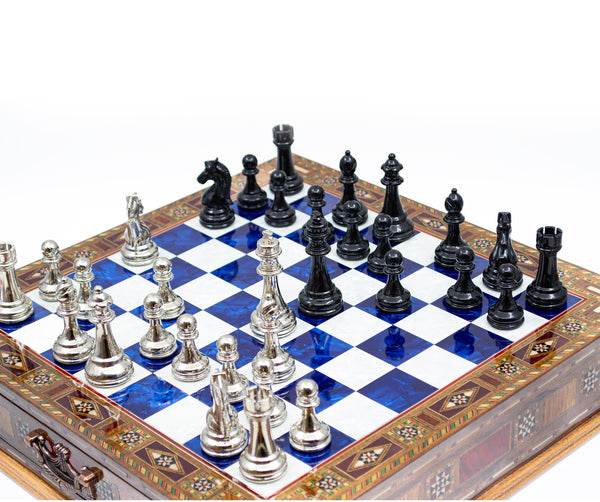
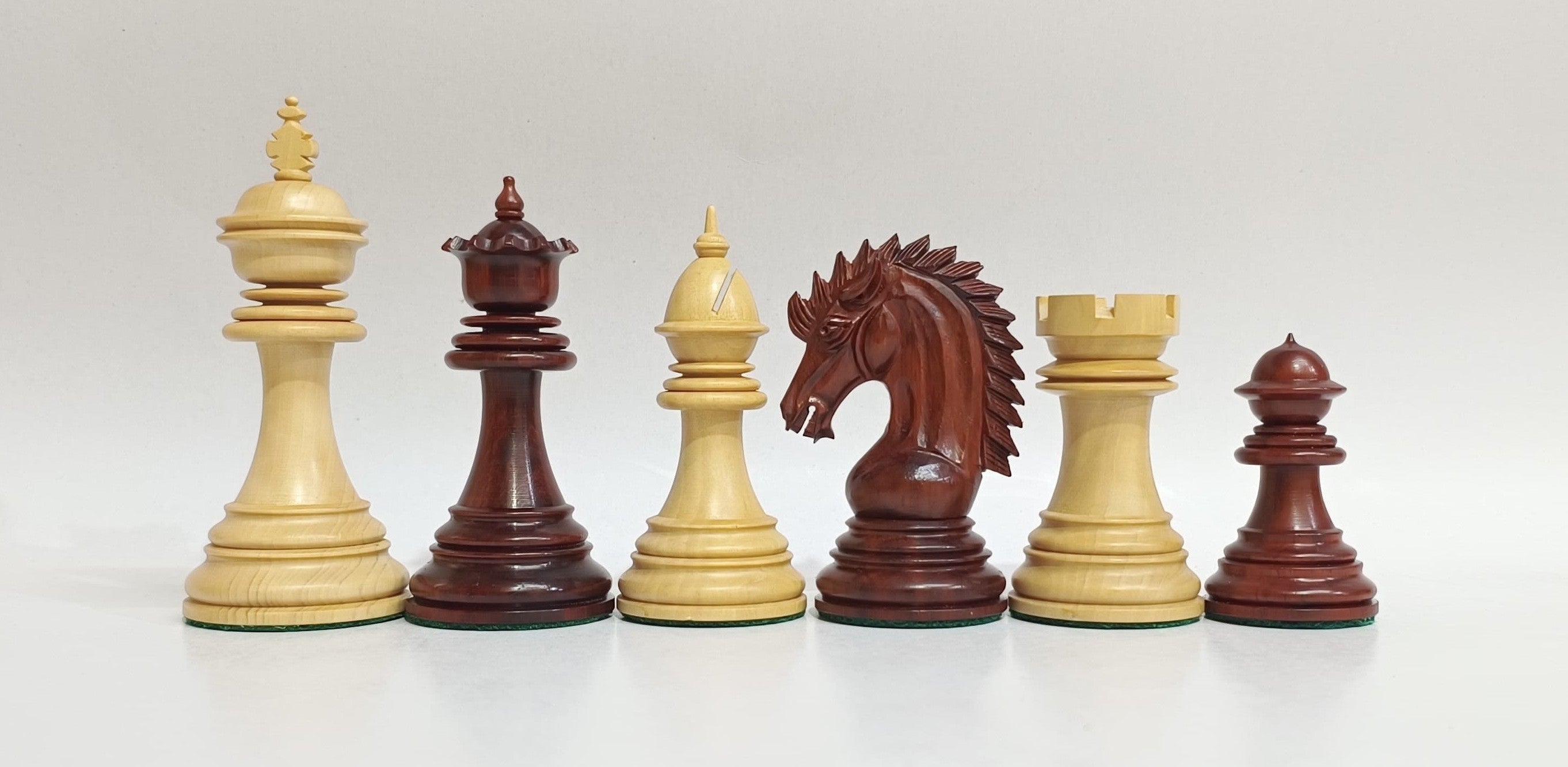
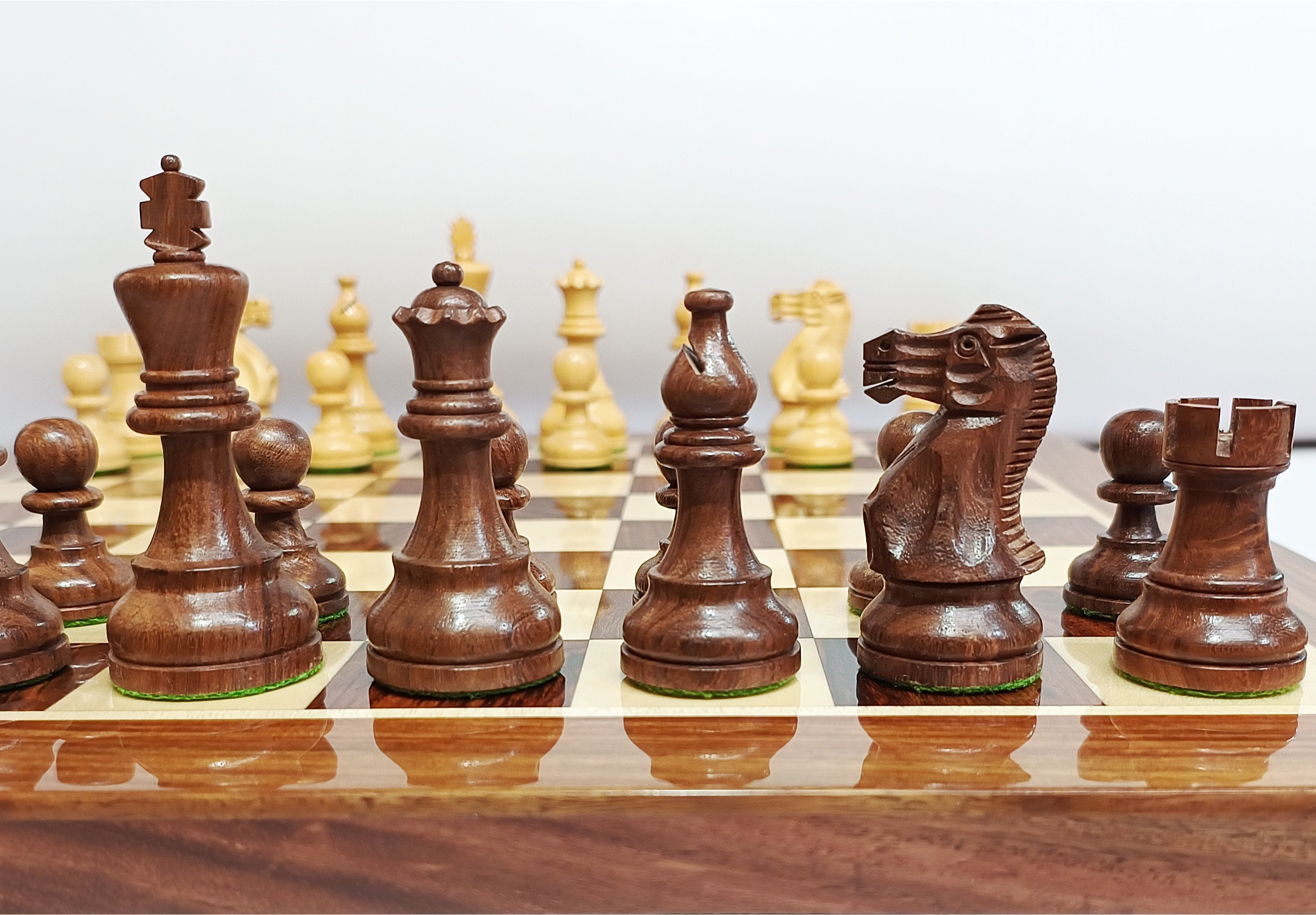
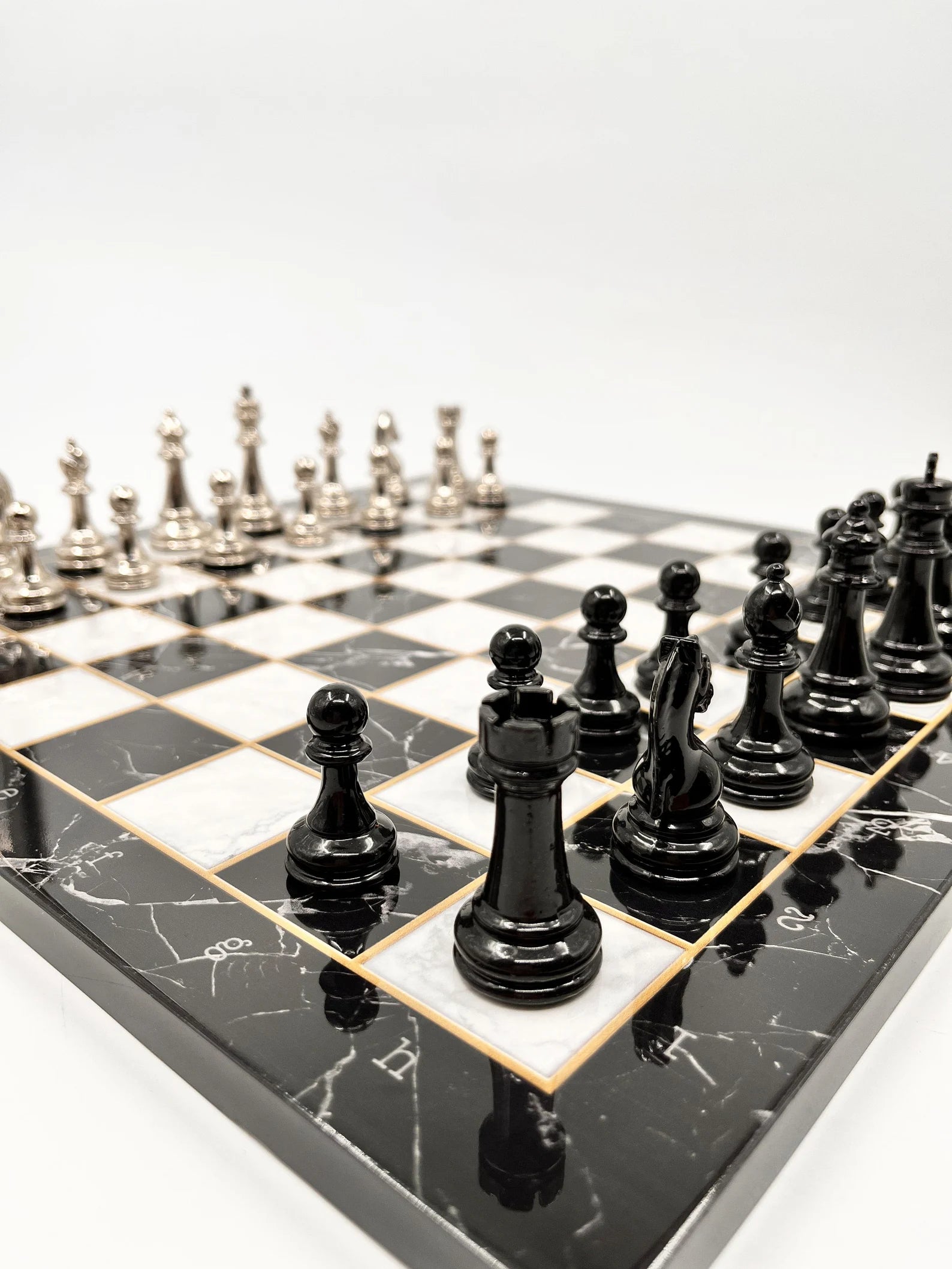
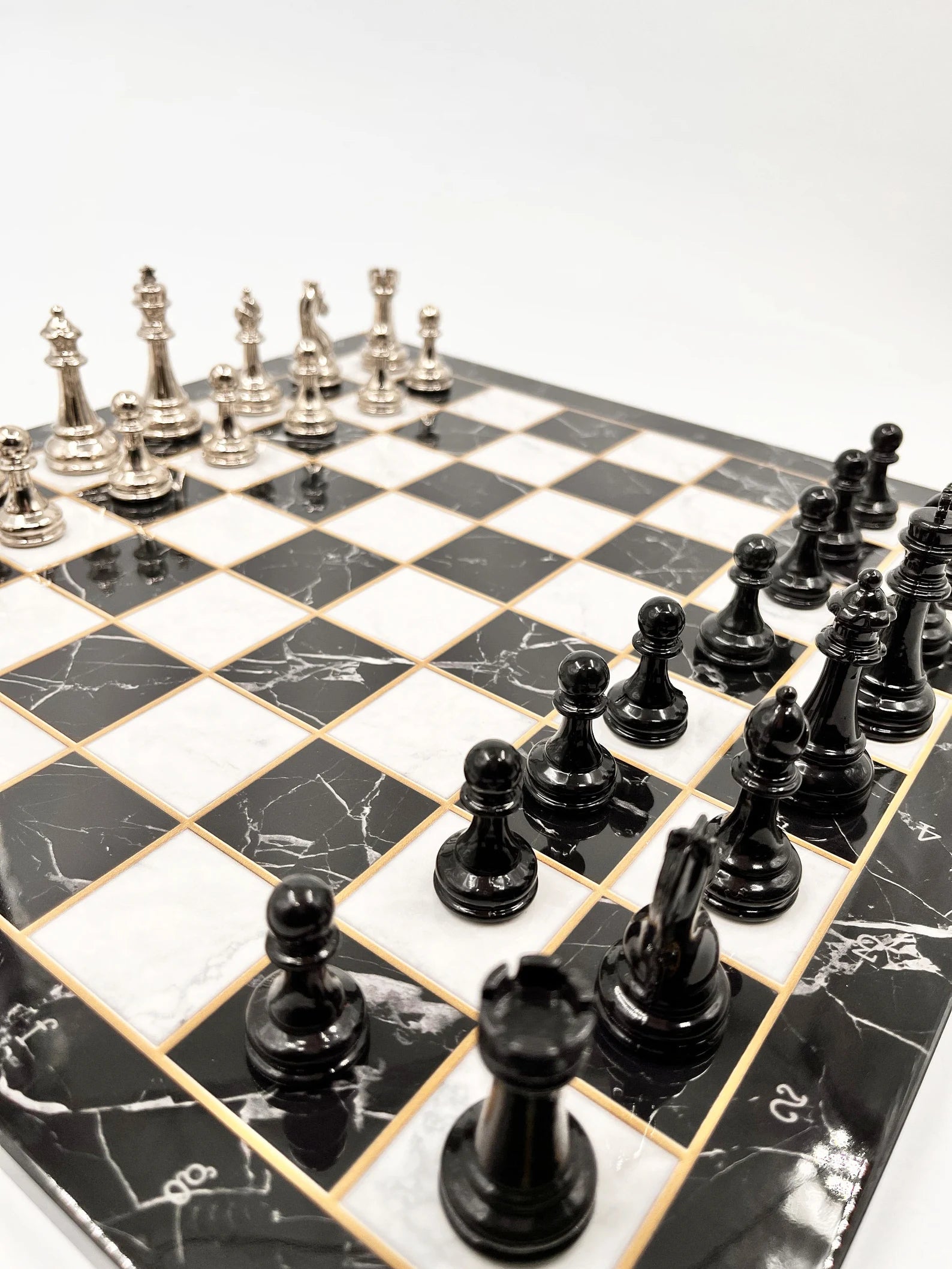
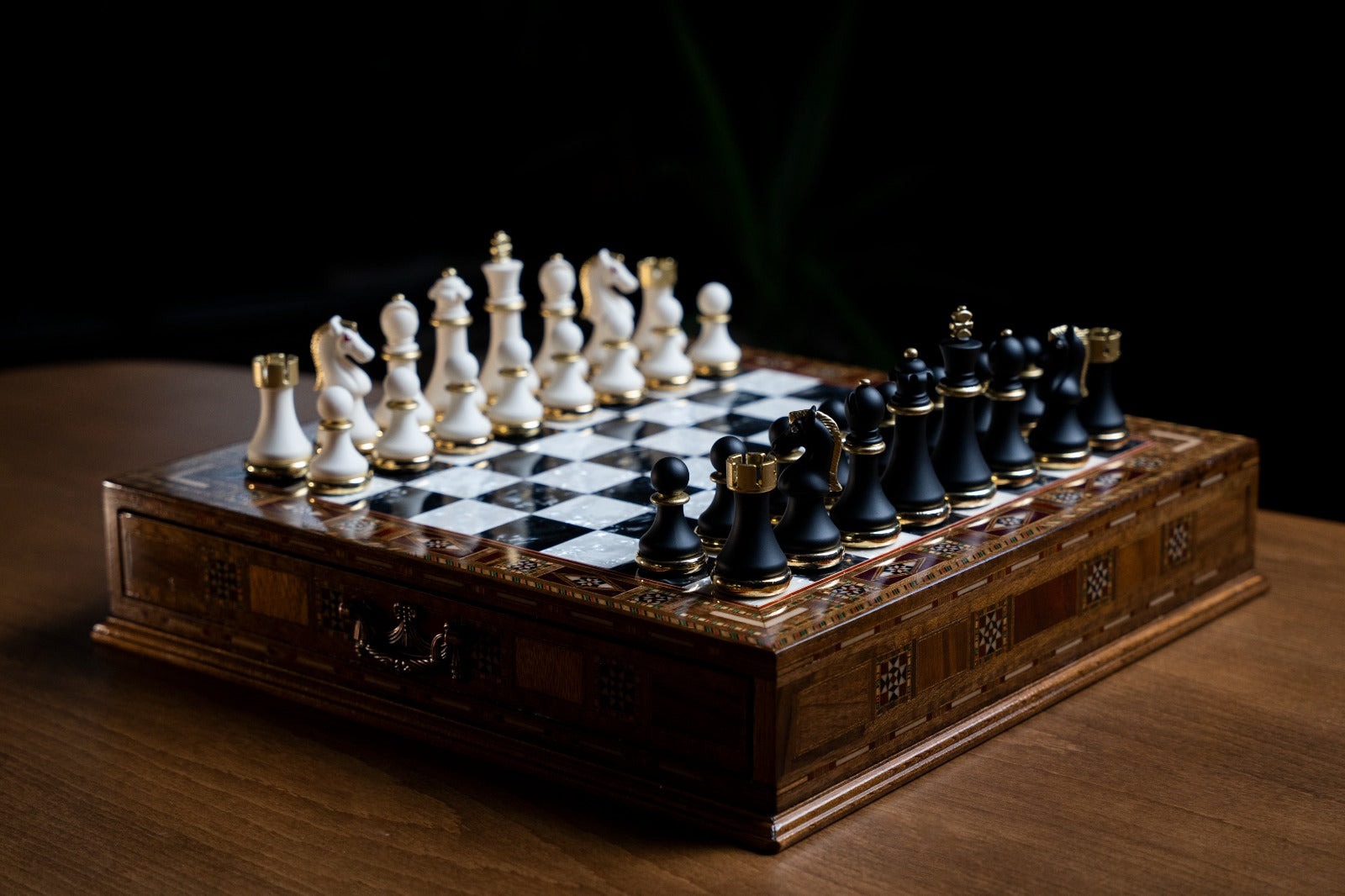
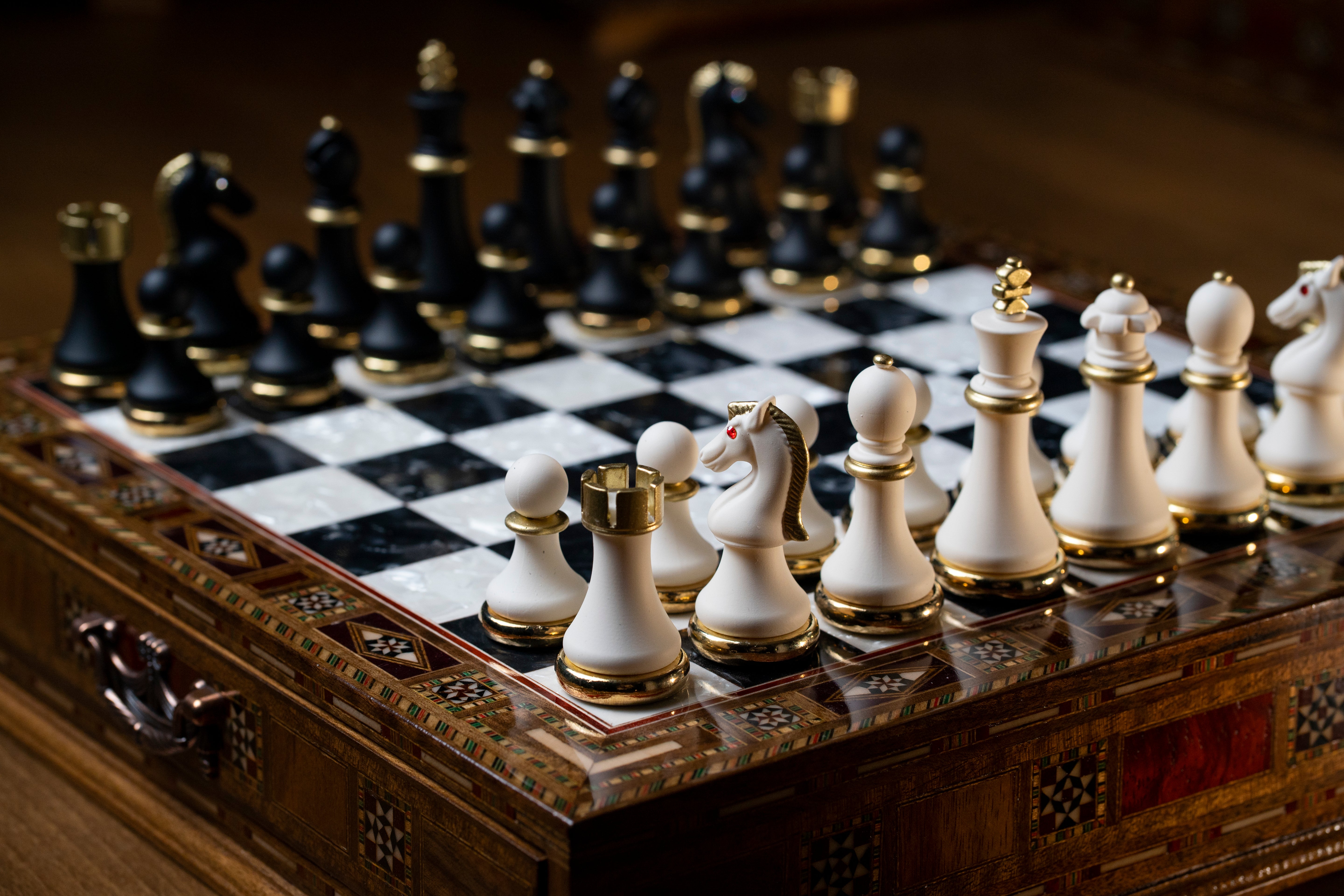
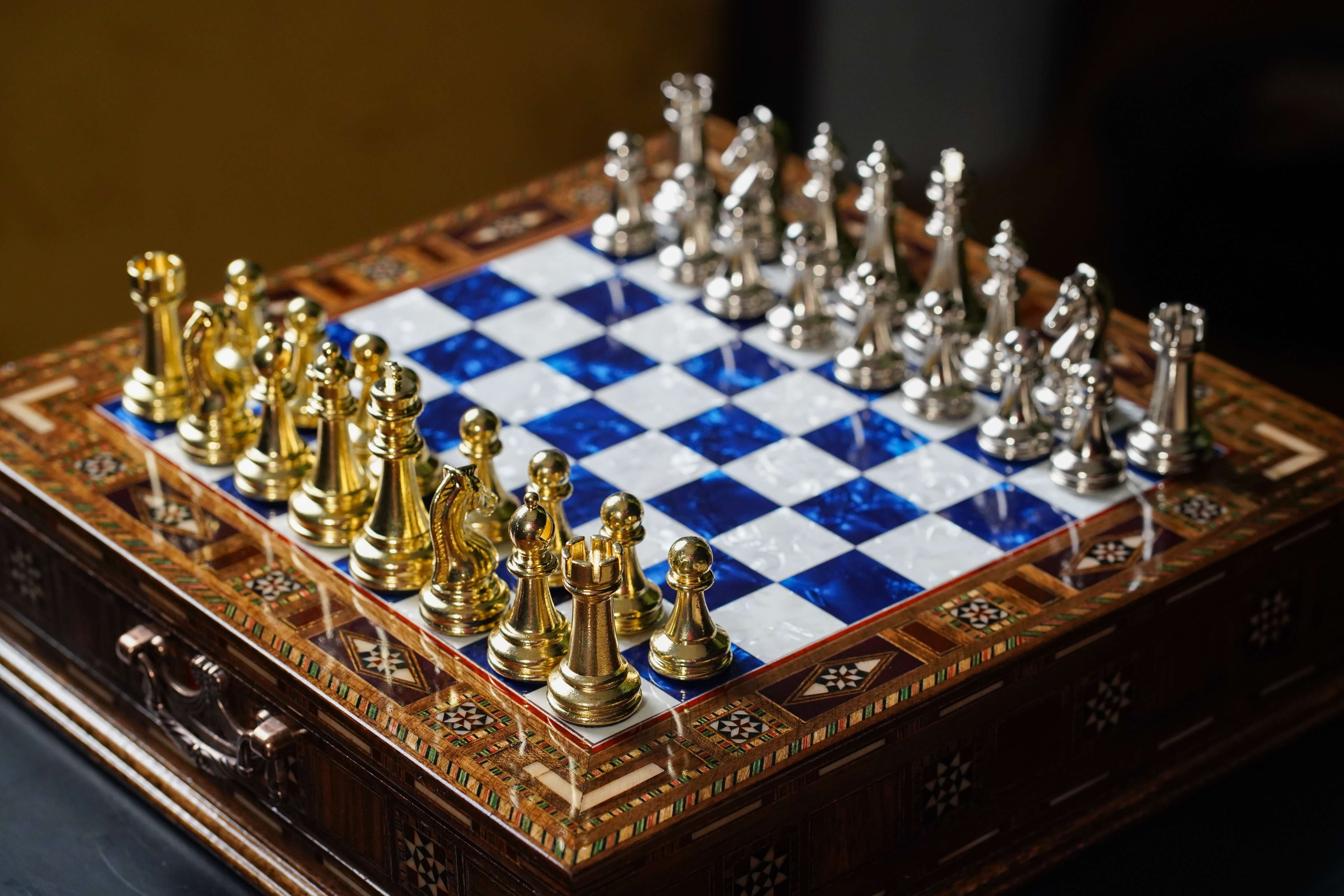

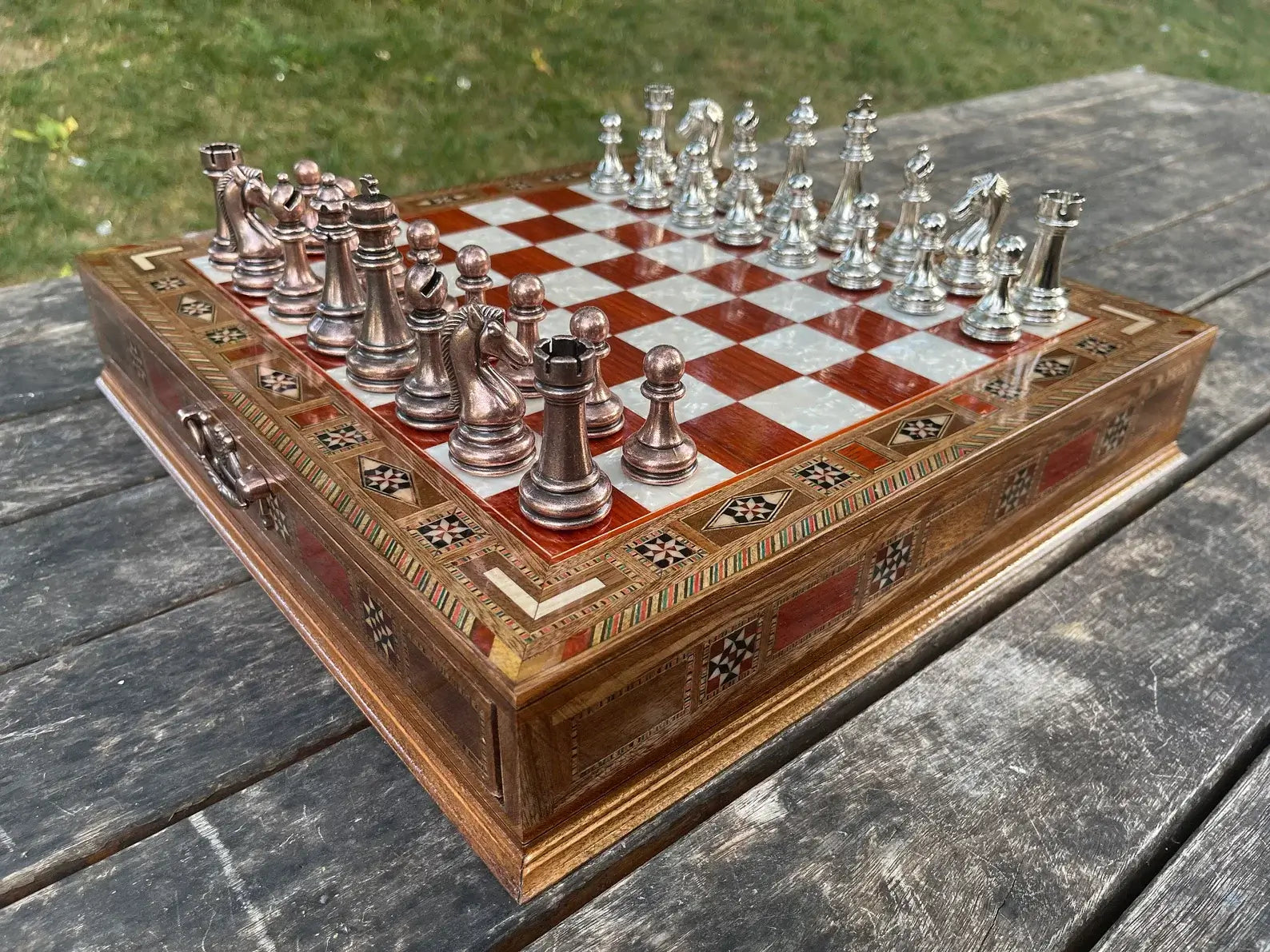
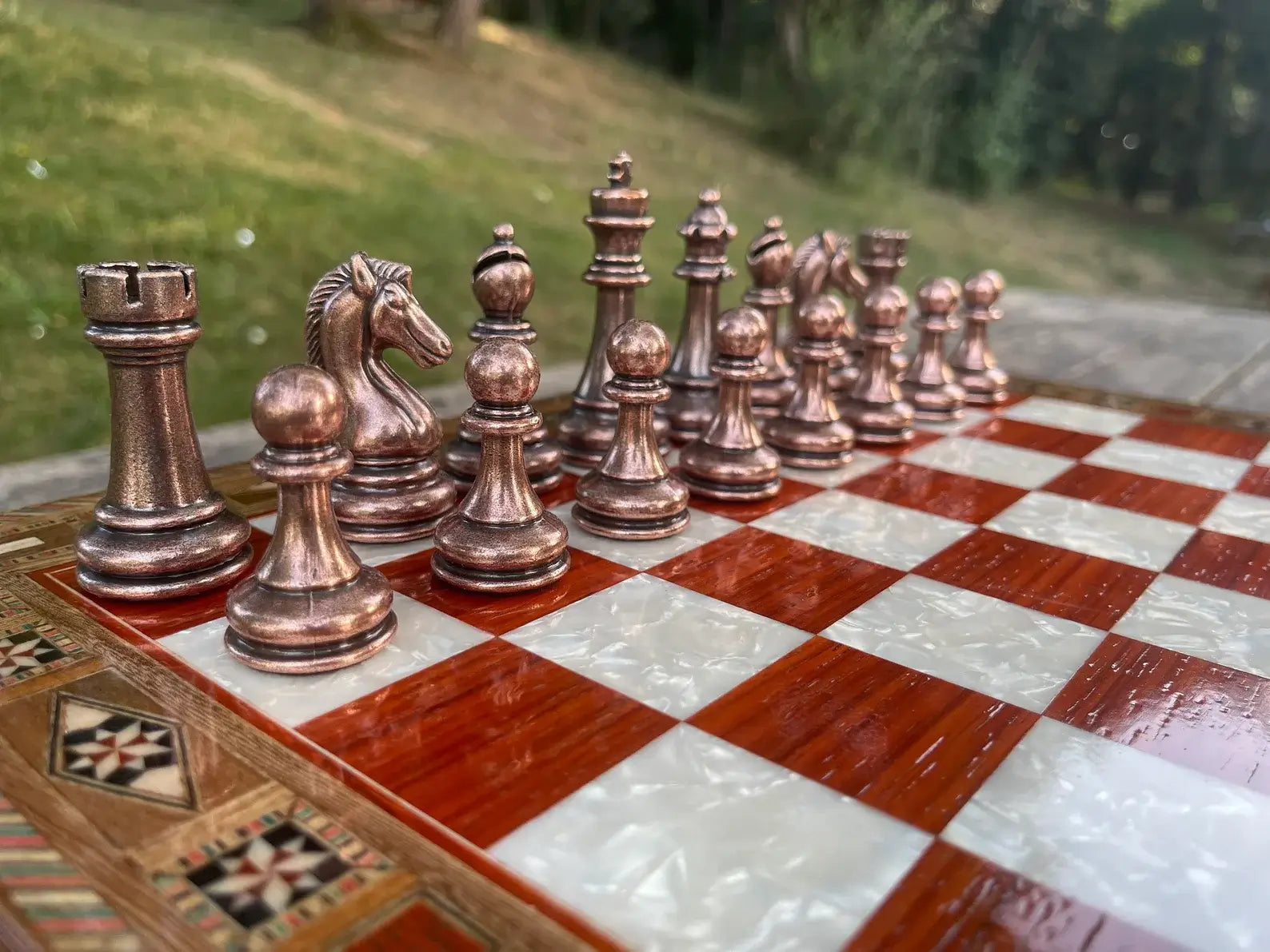
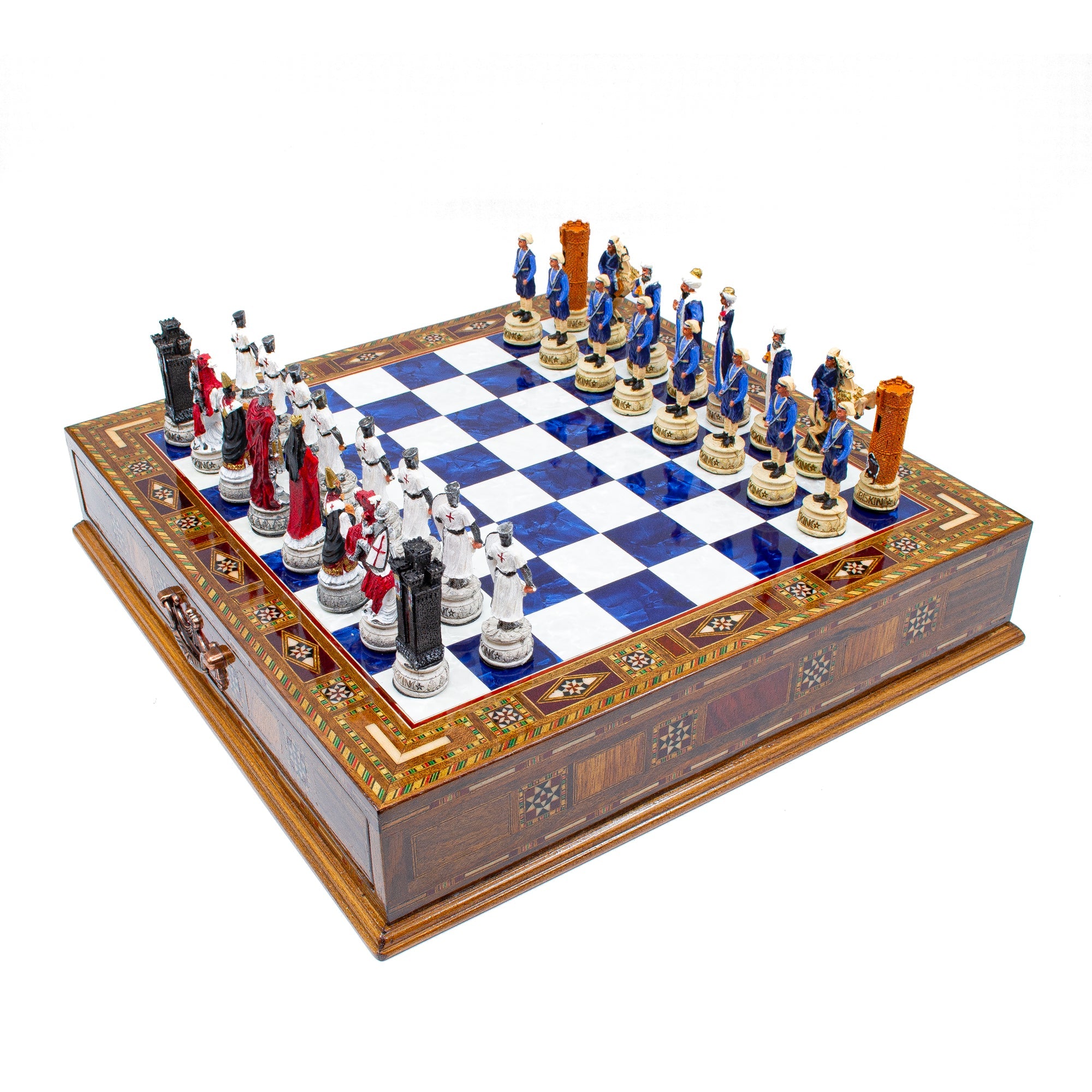
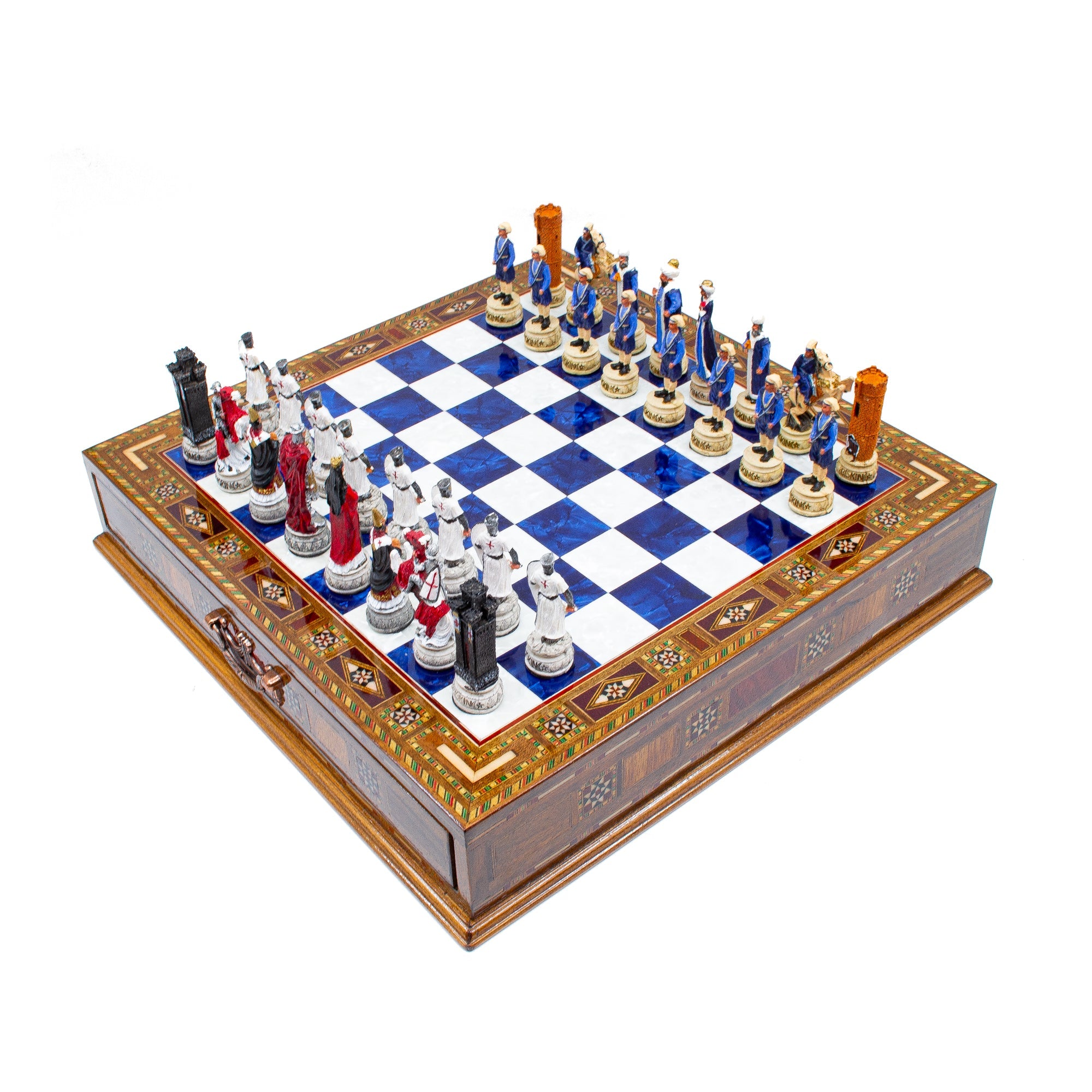
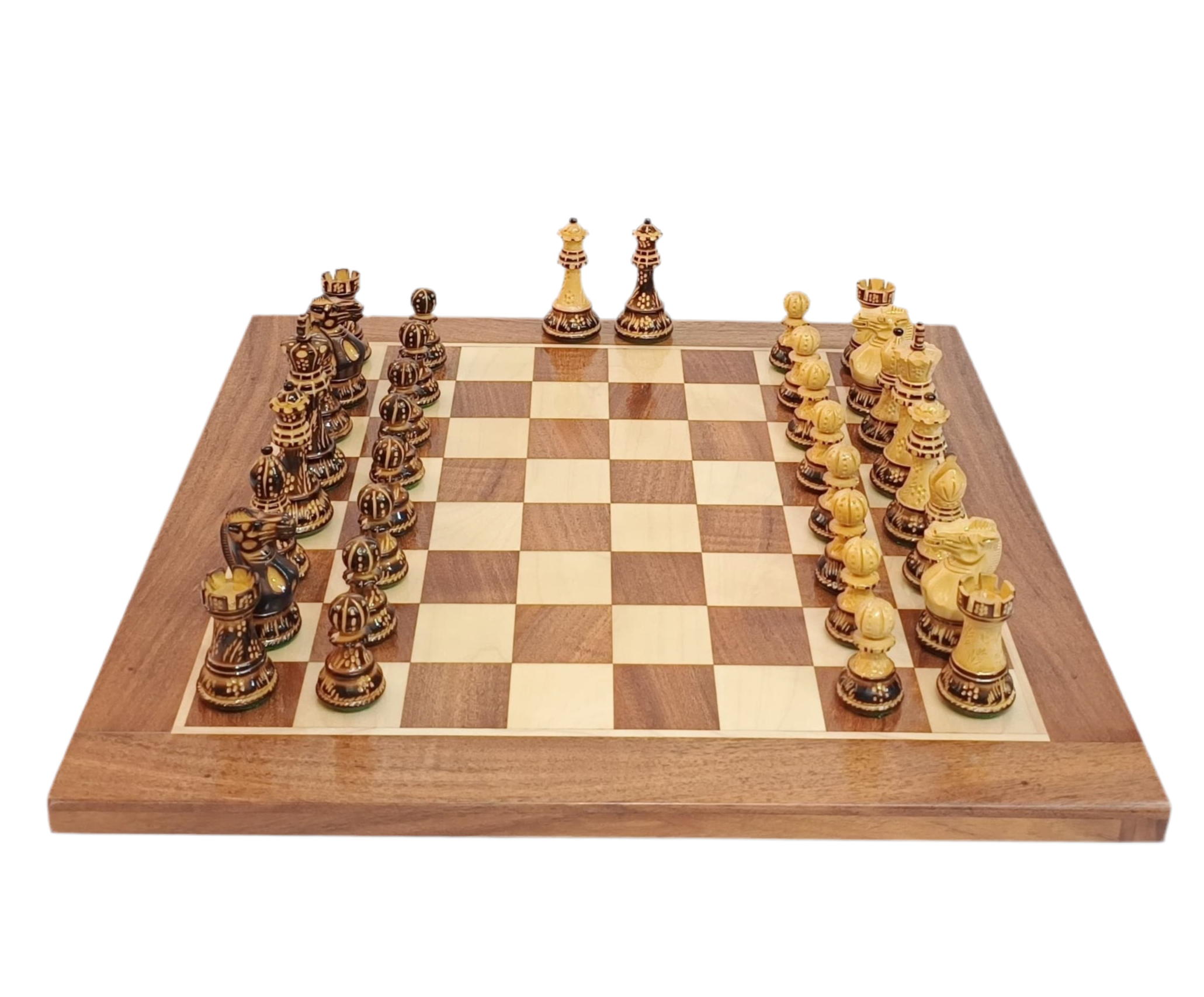
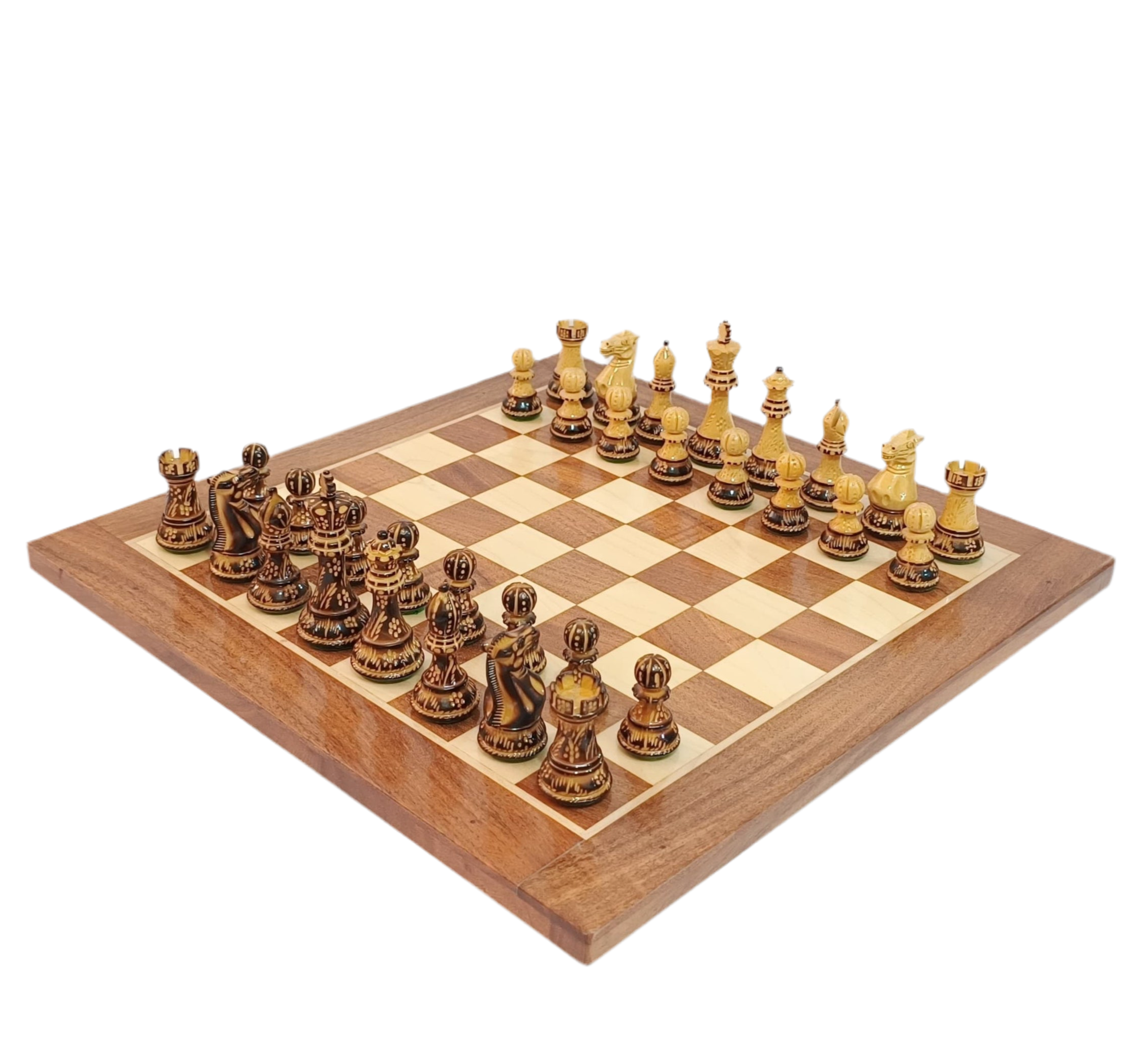

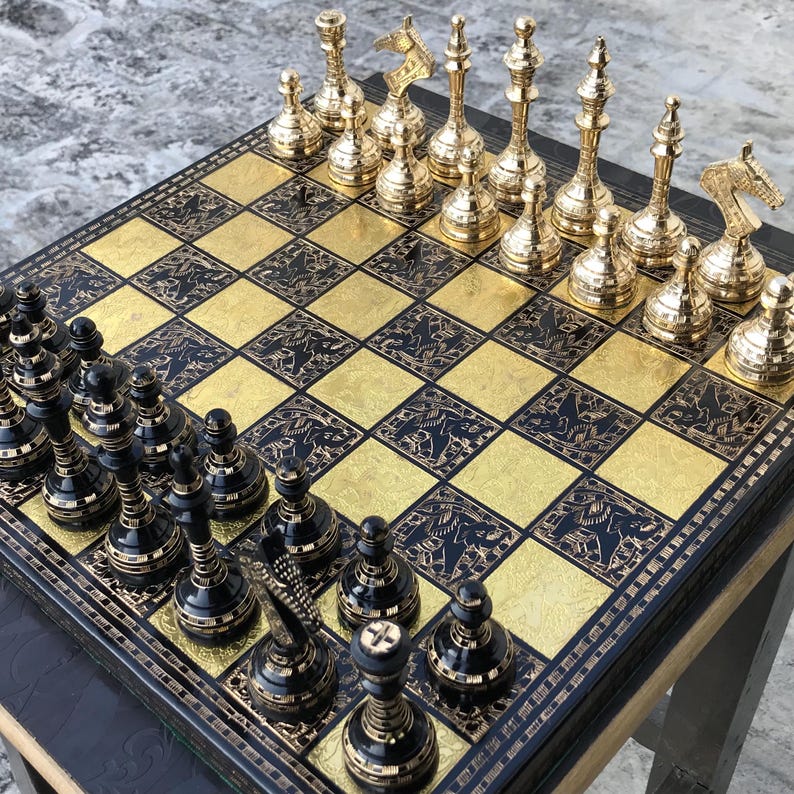


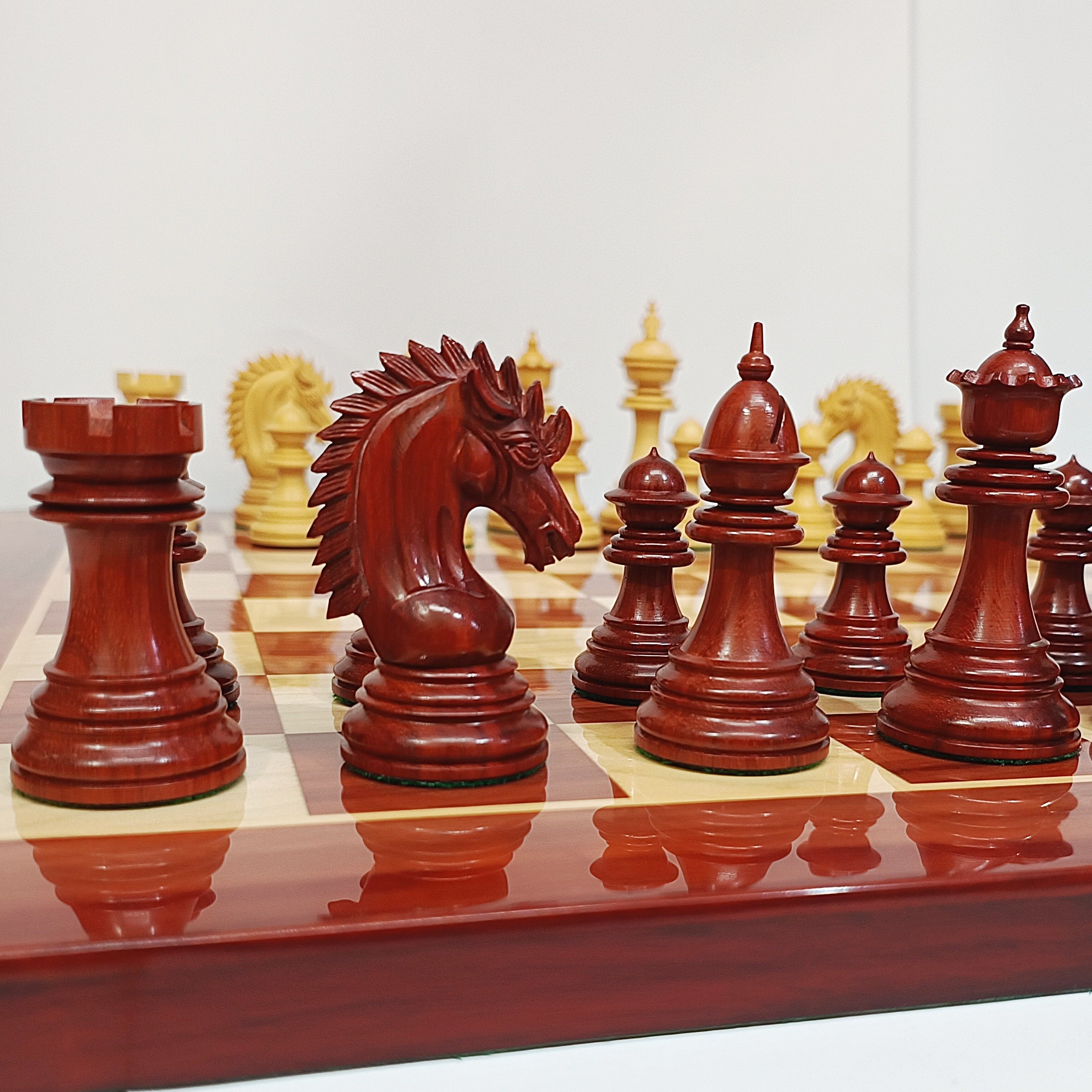
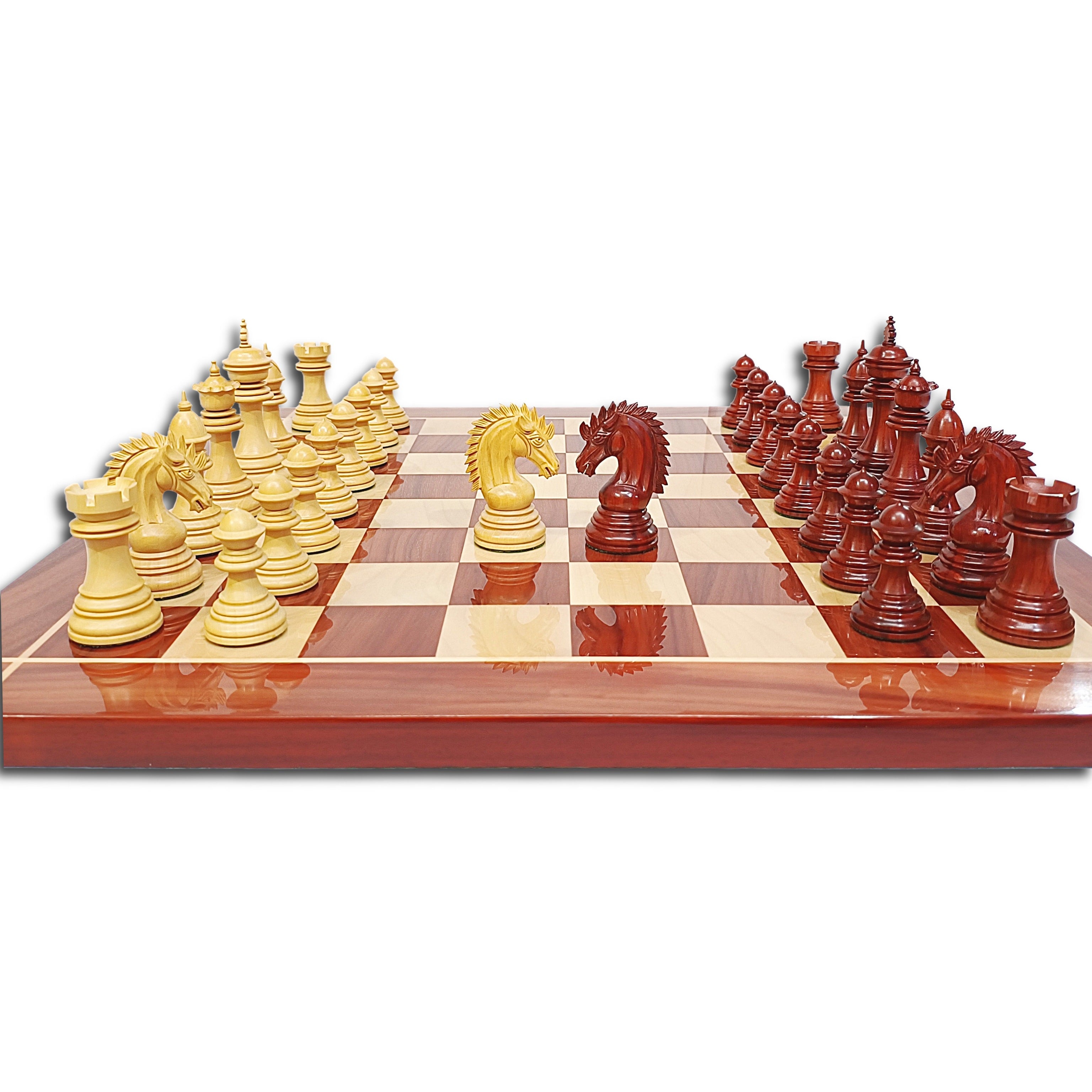
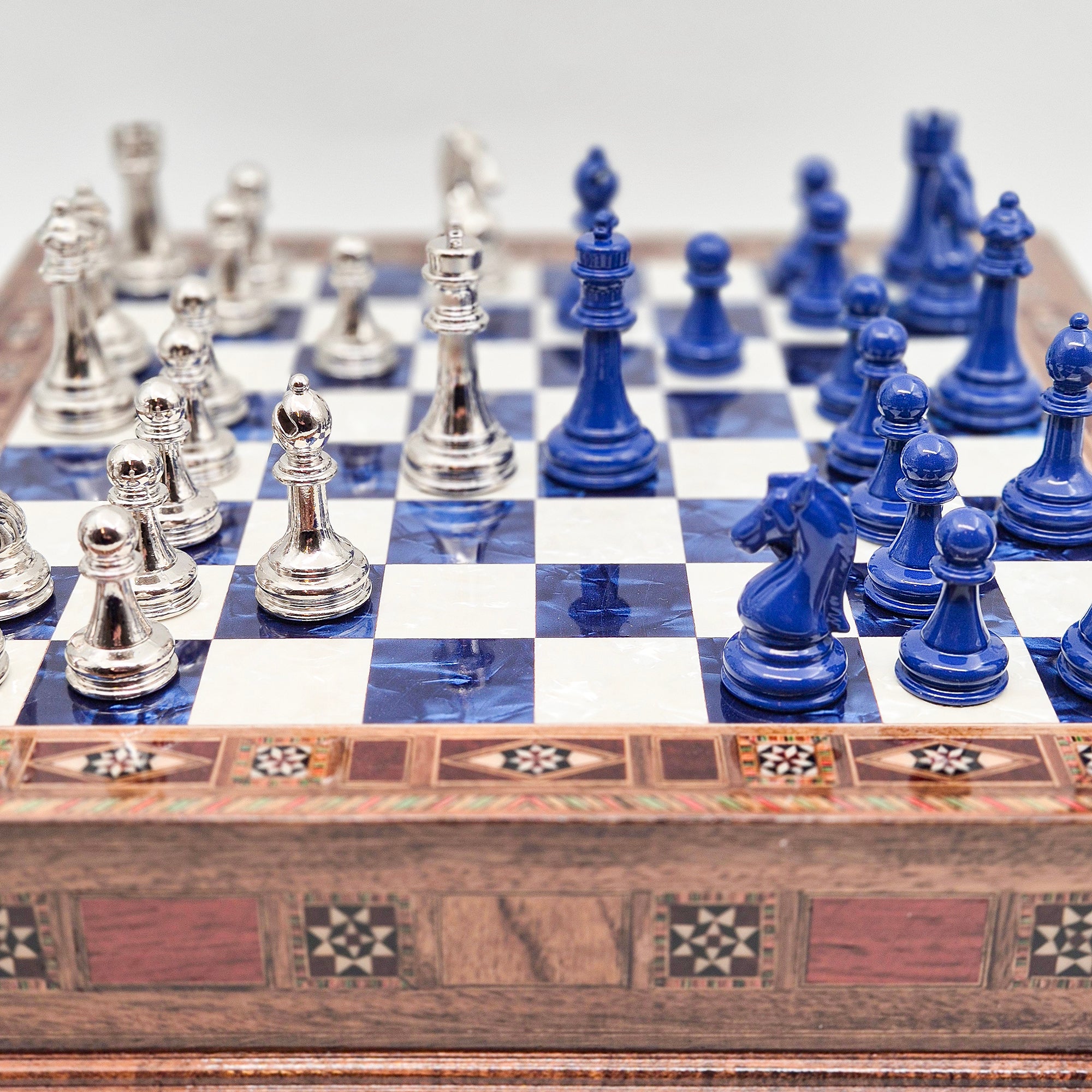
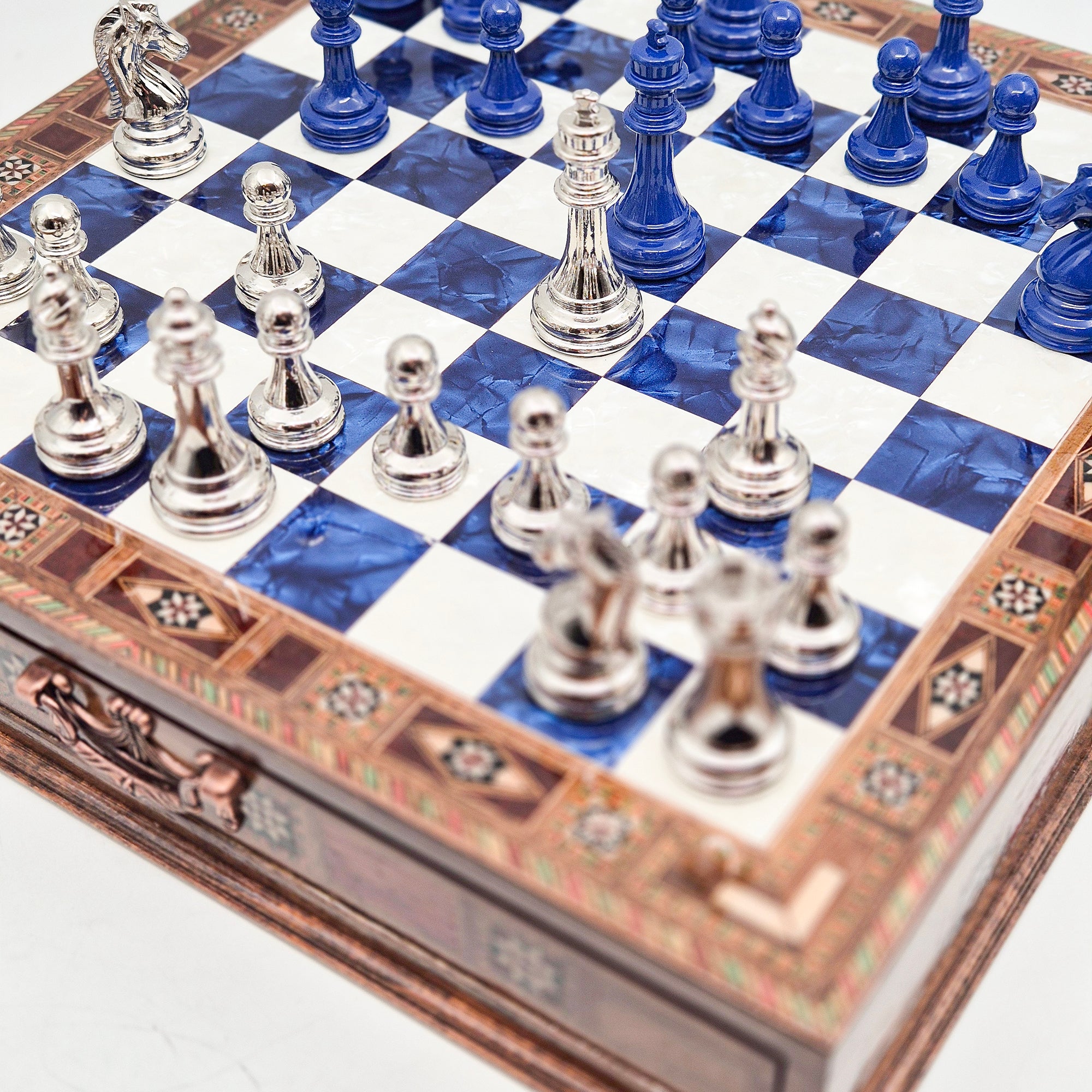
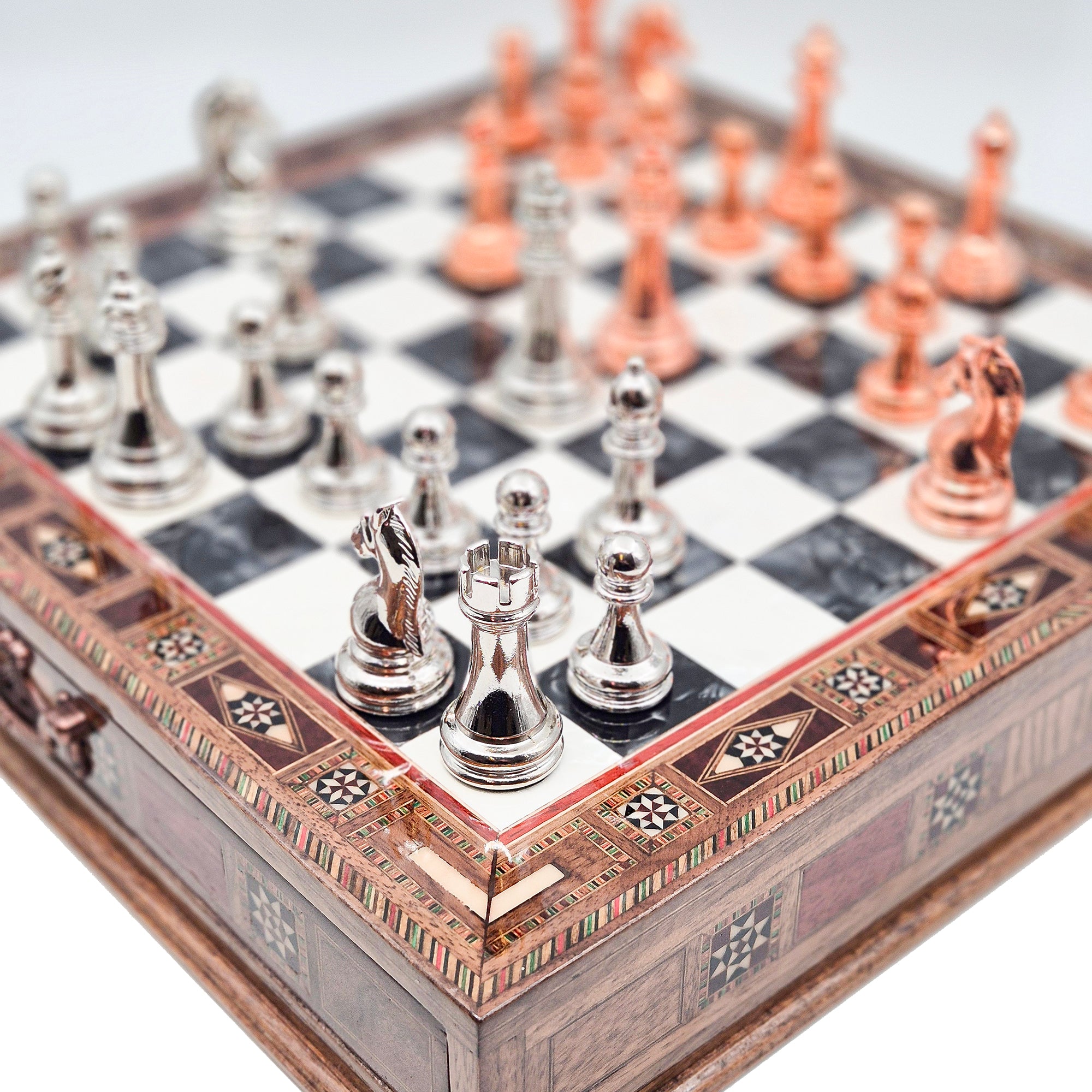
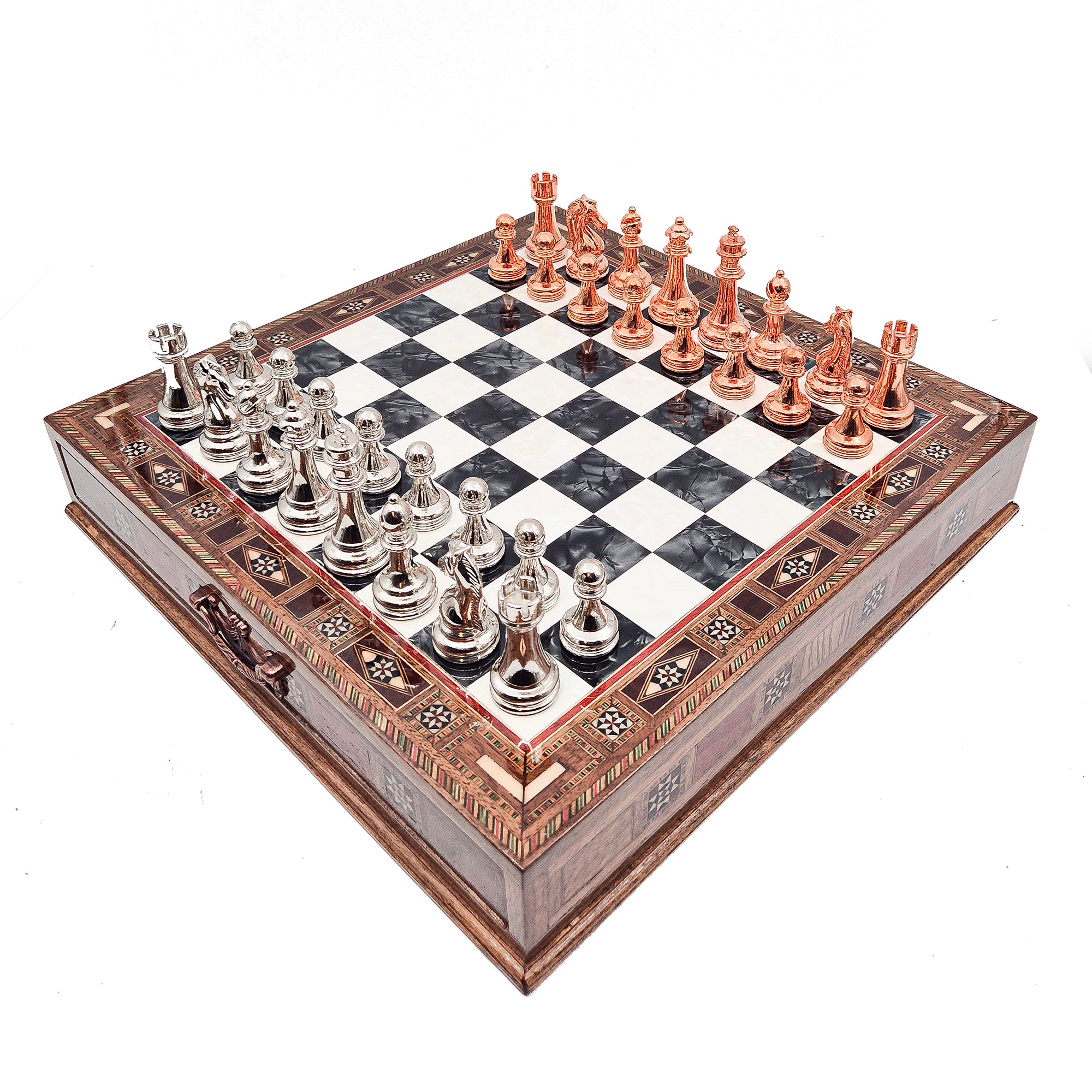
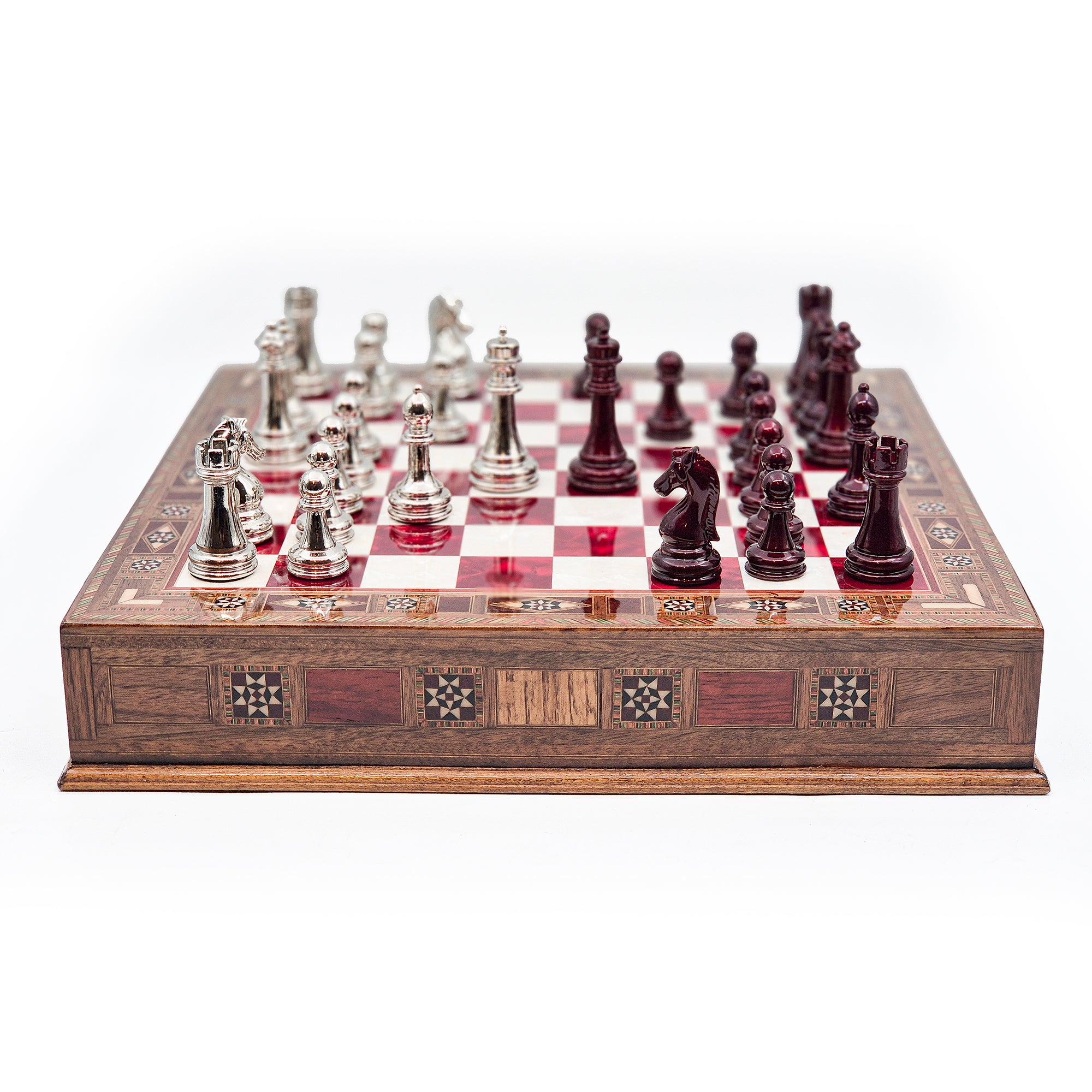
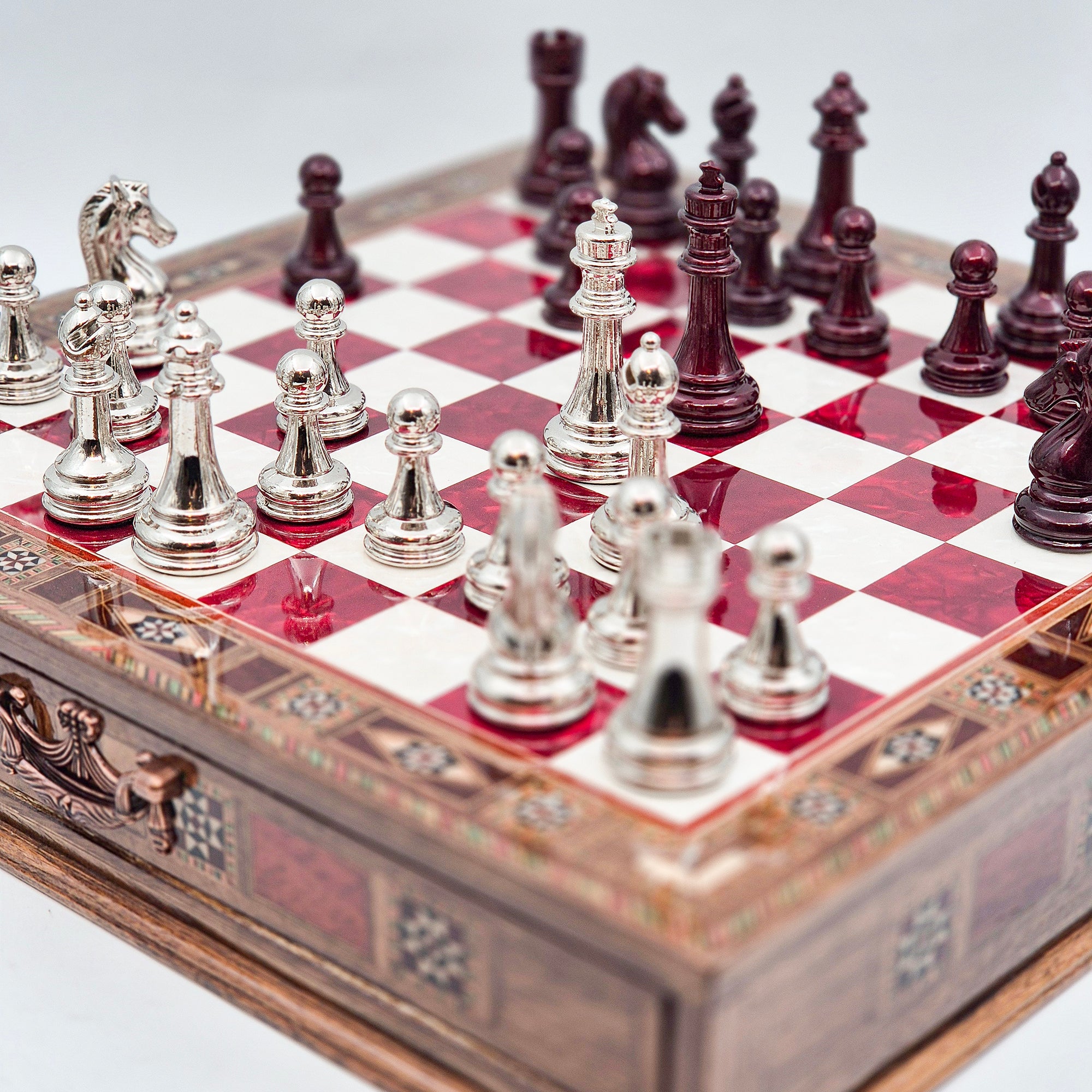
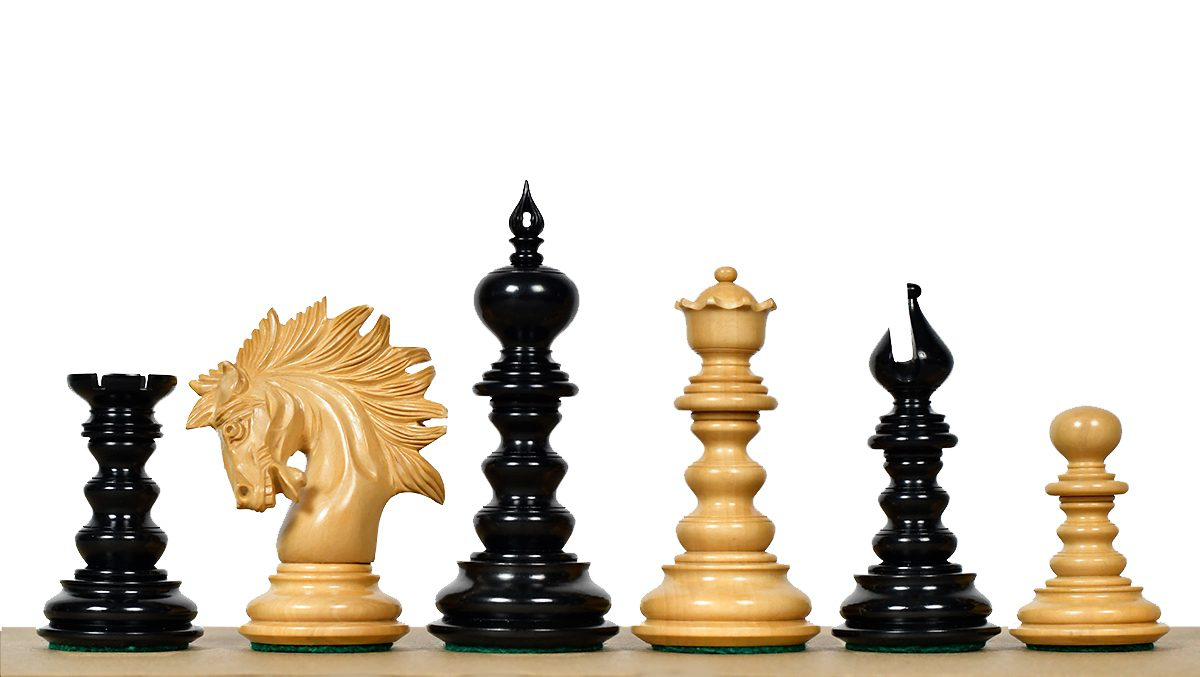
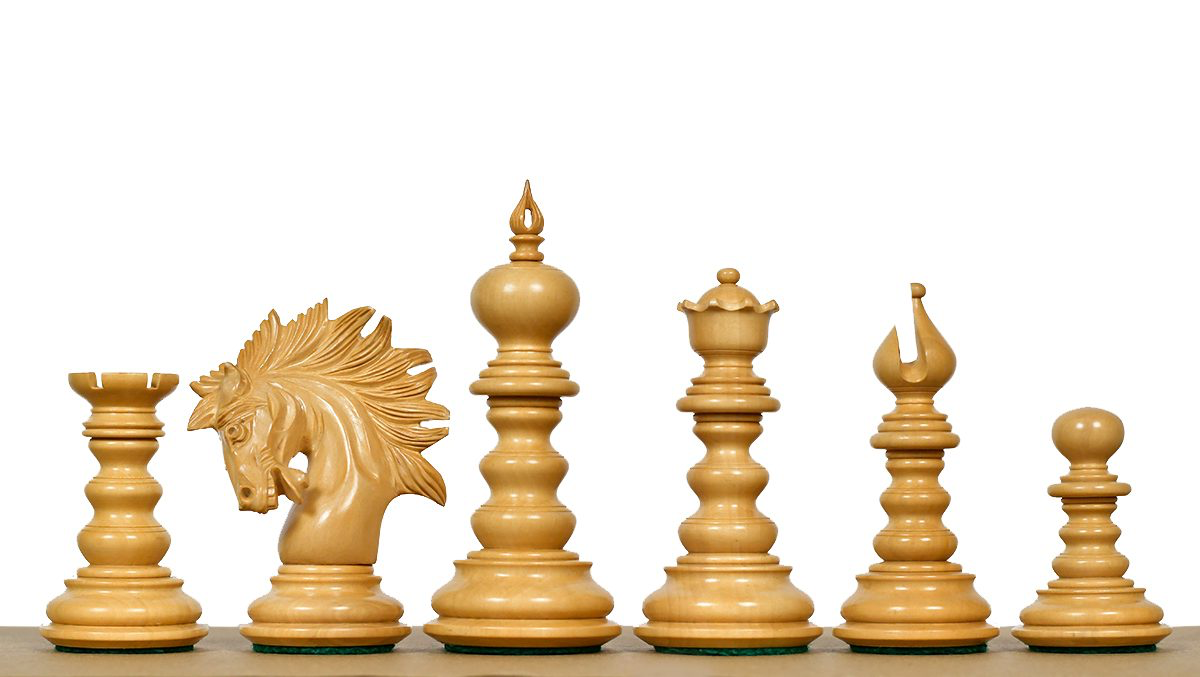
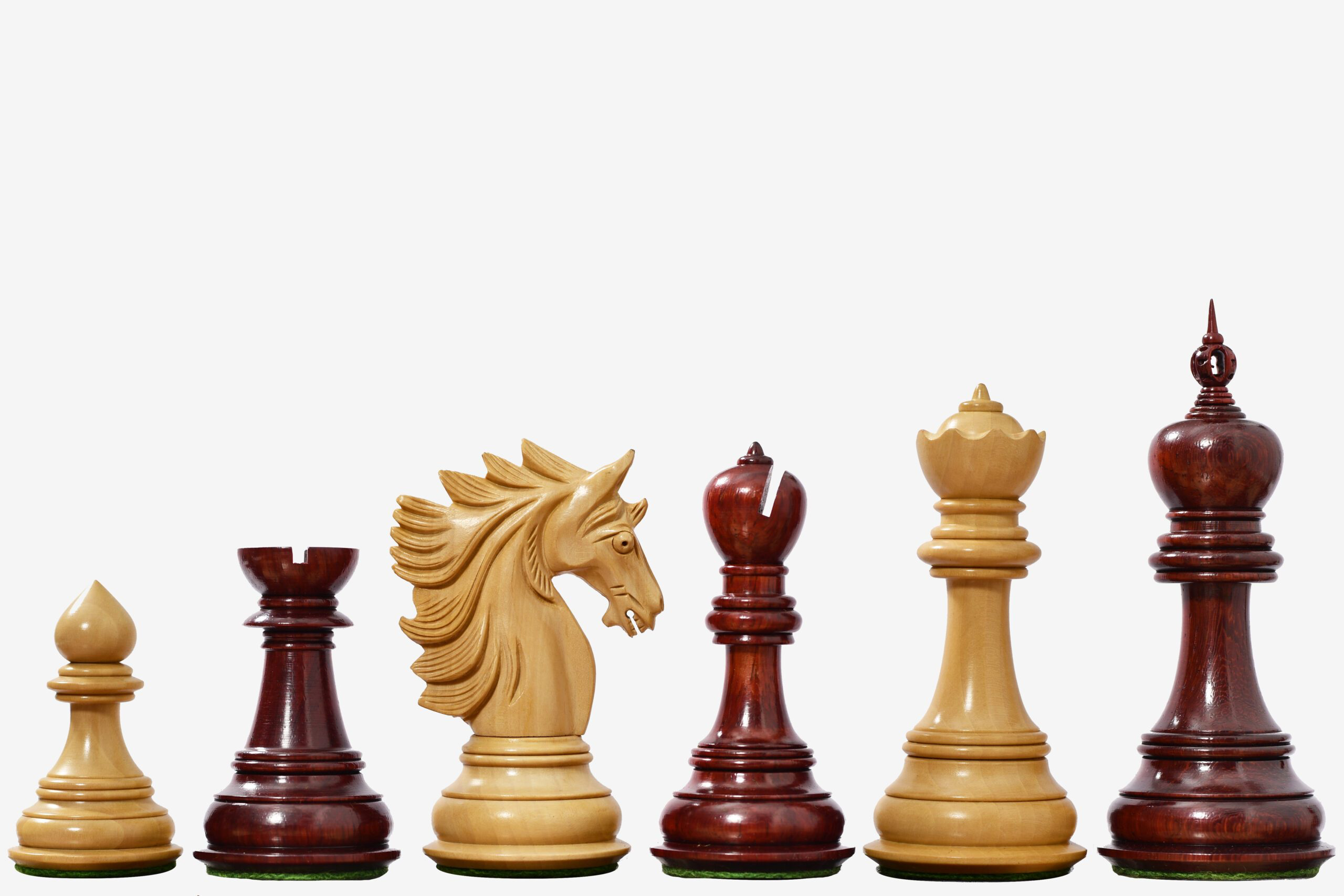
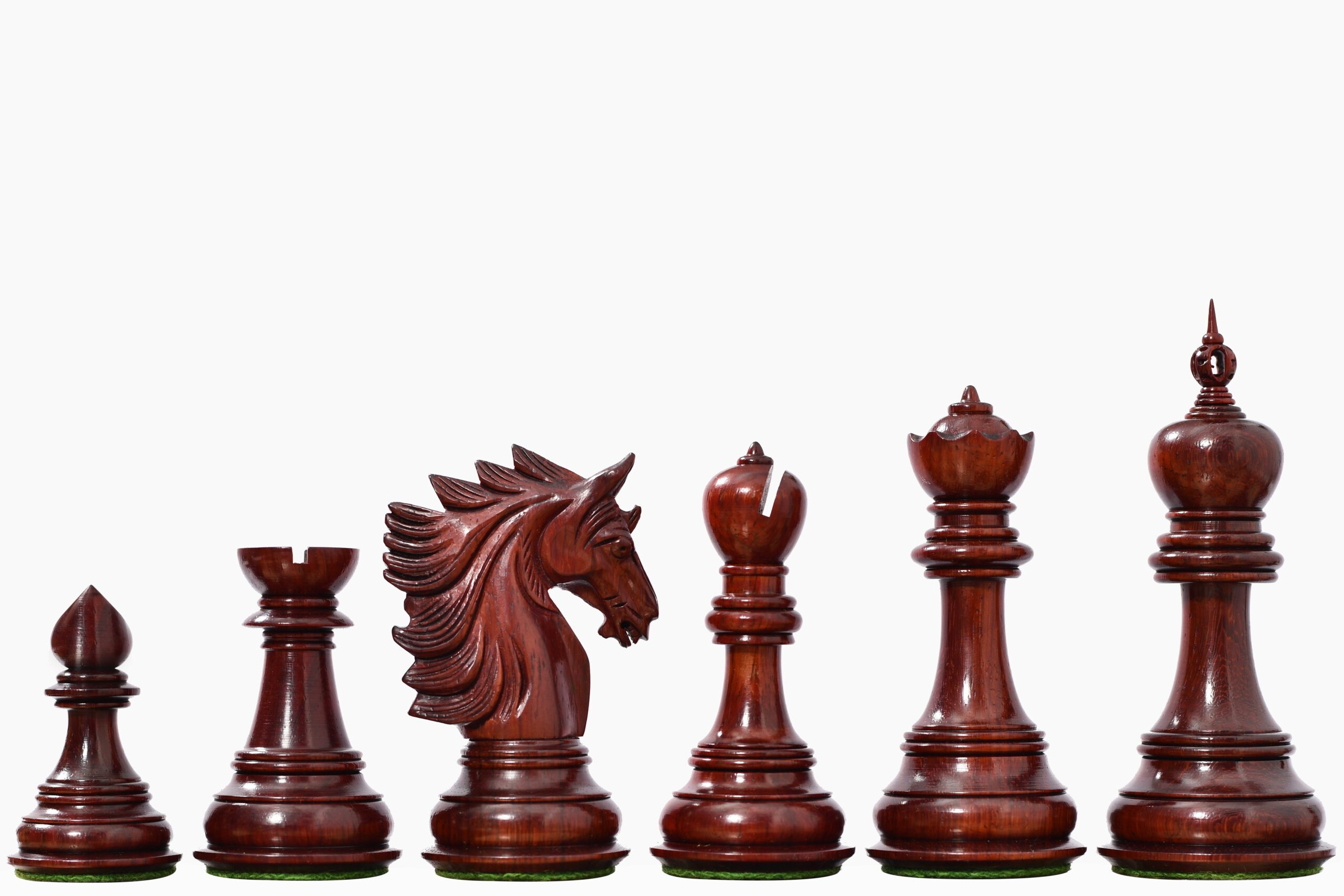
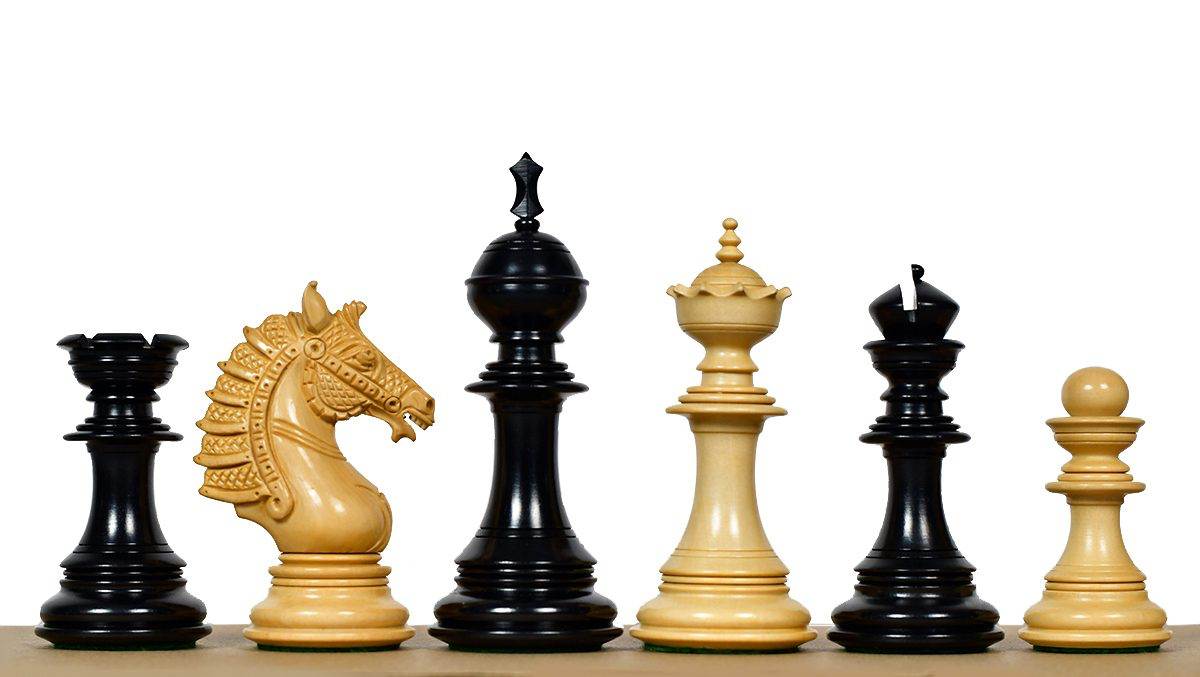
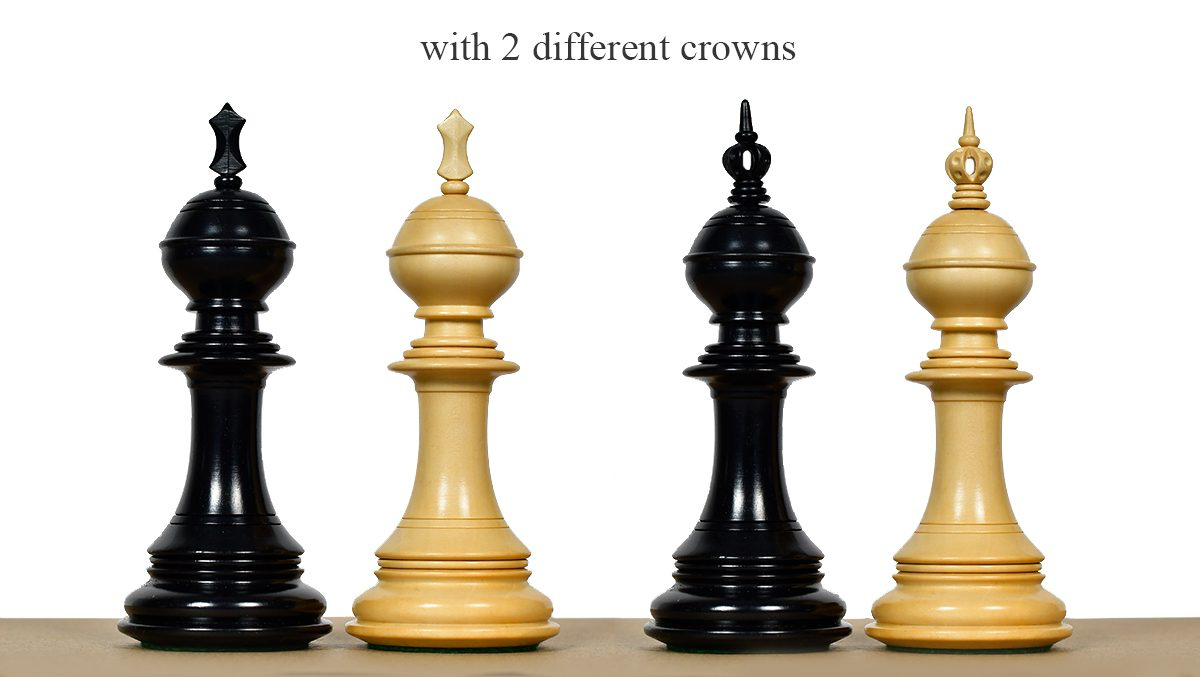
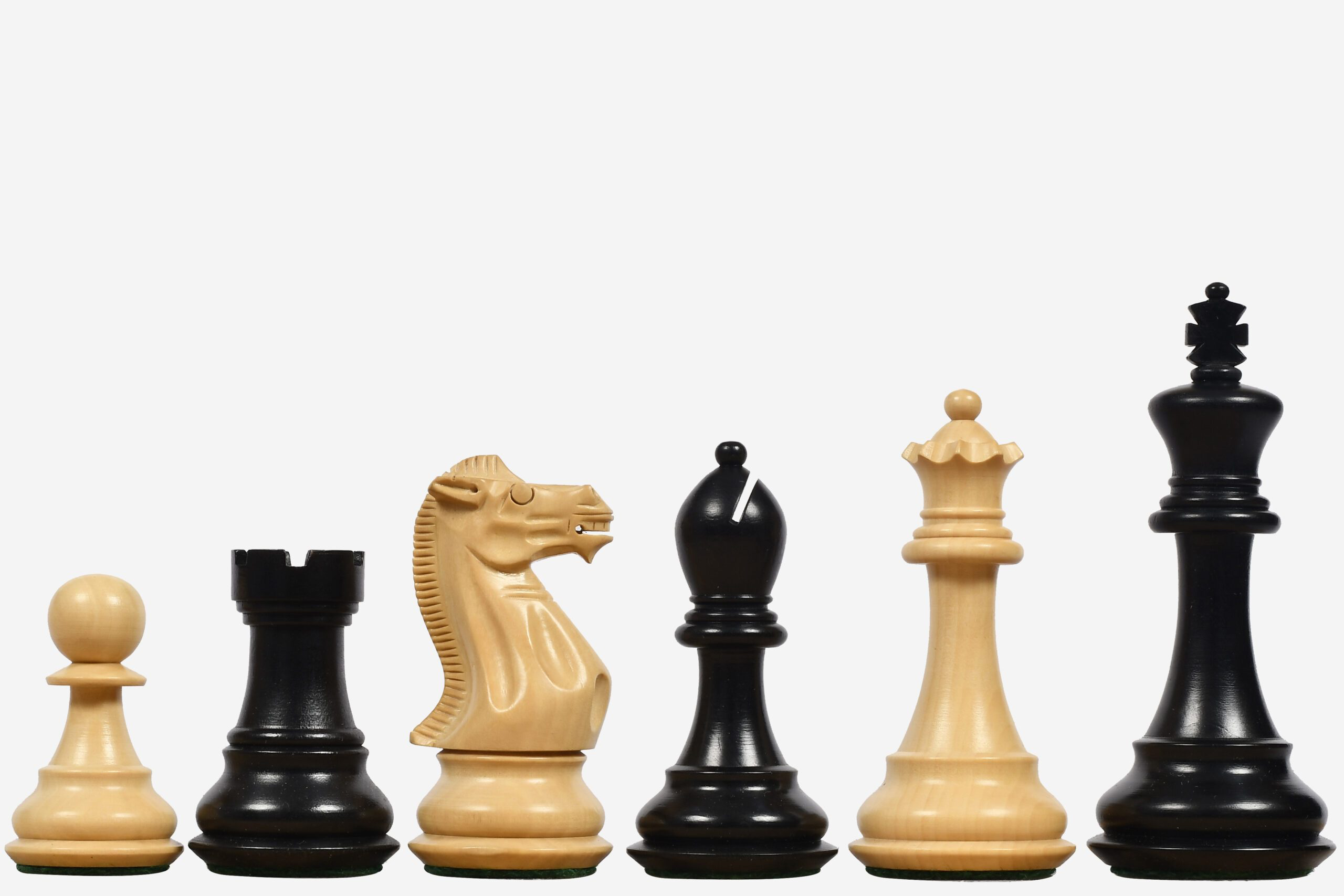
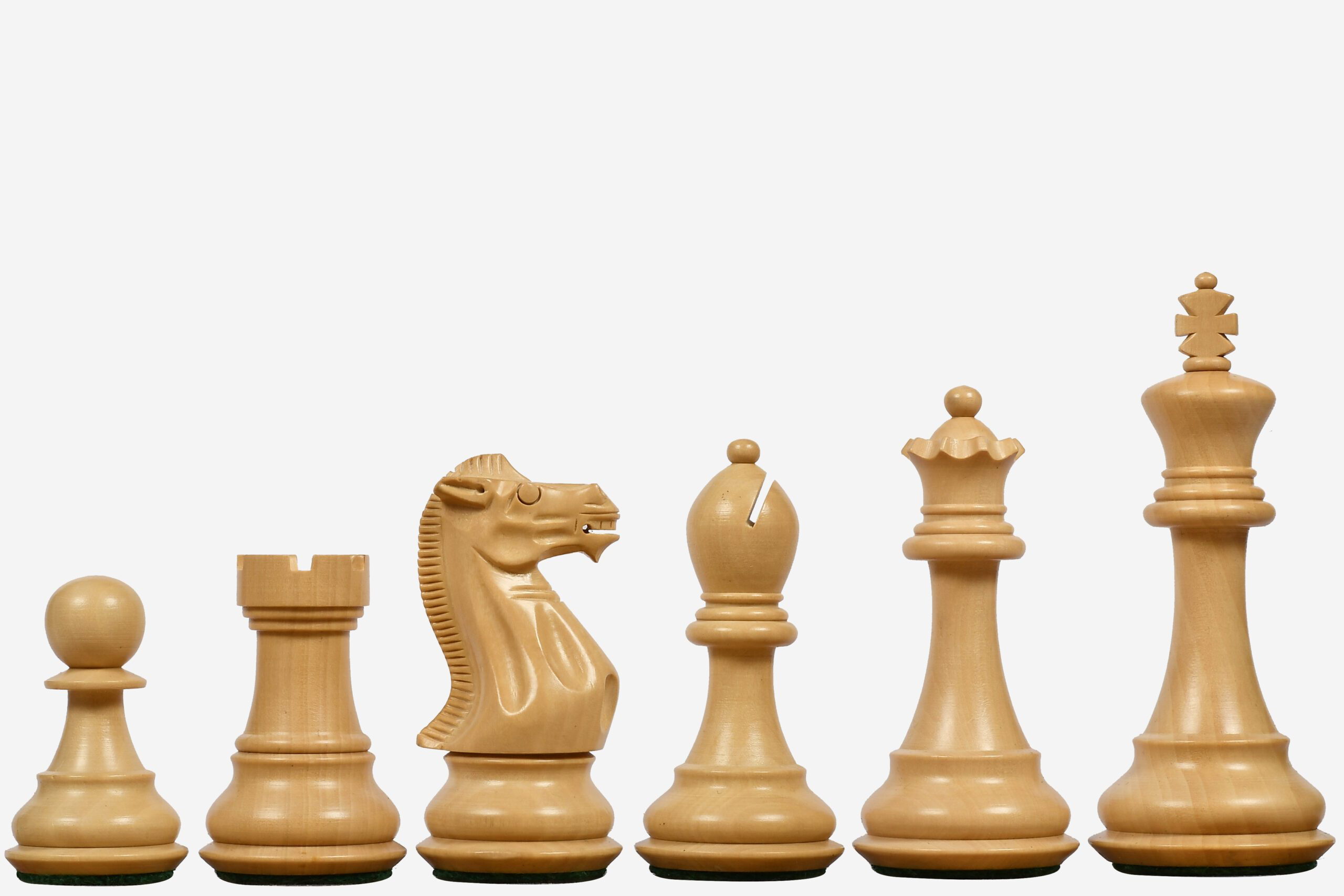
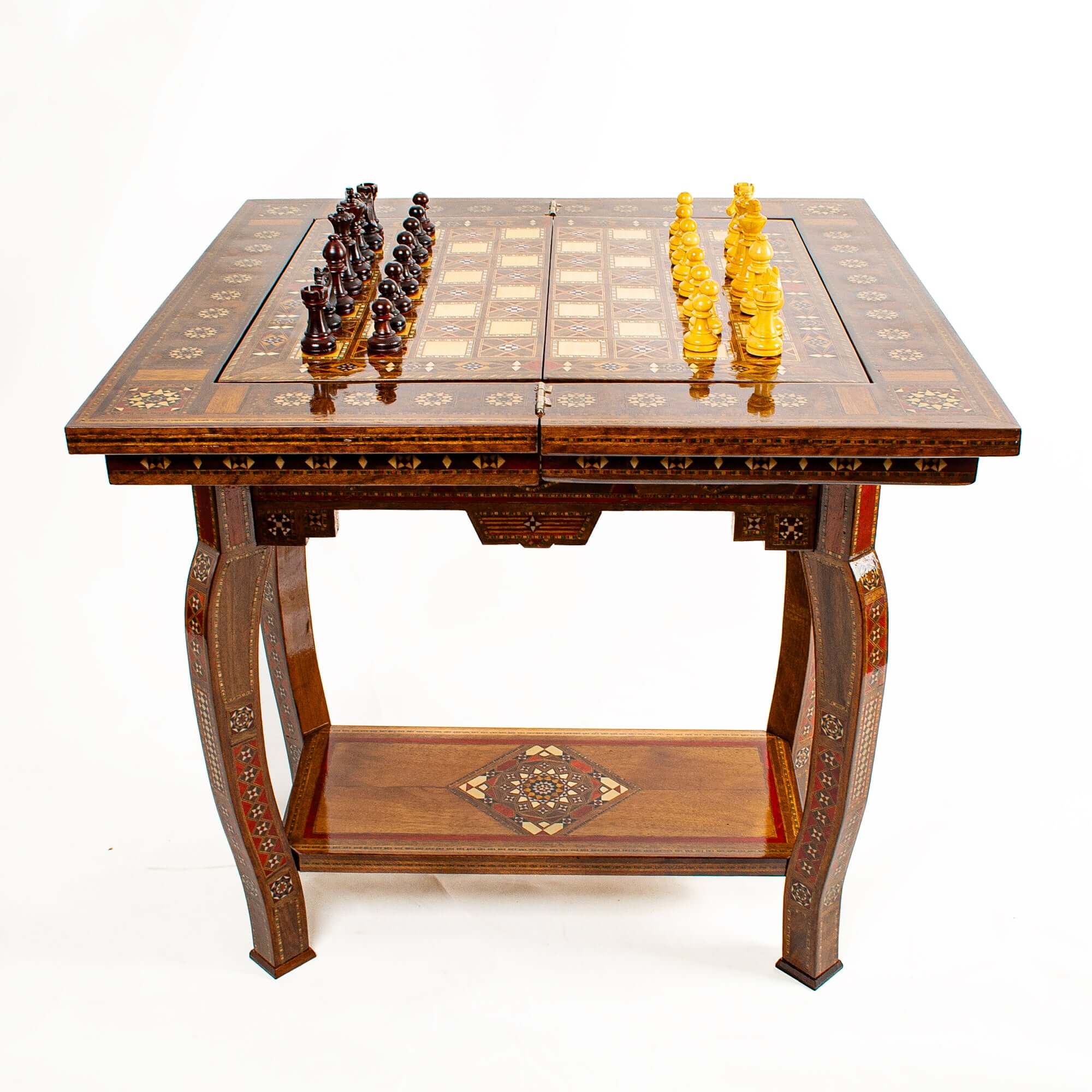

Leave a comment
All comments are moderated before being published.
This site is protected by hCaptcha and the hCaptcha Privacy Policy and Terms of Service apply.